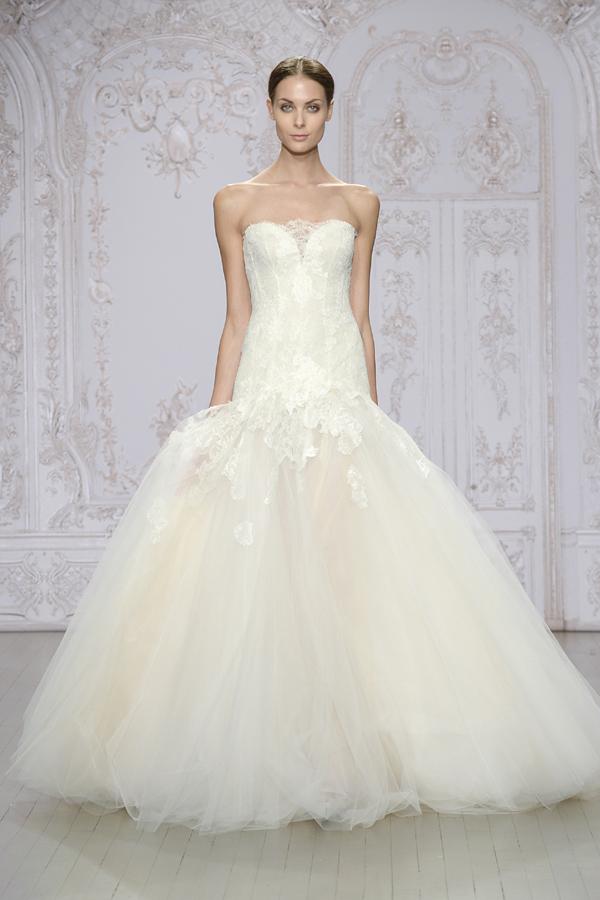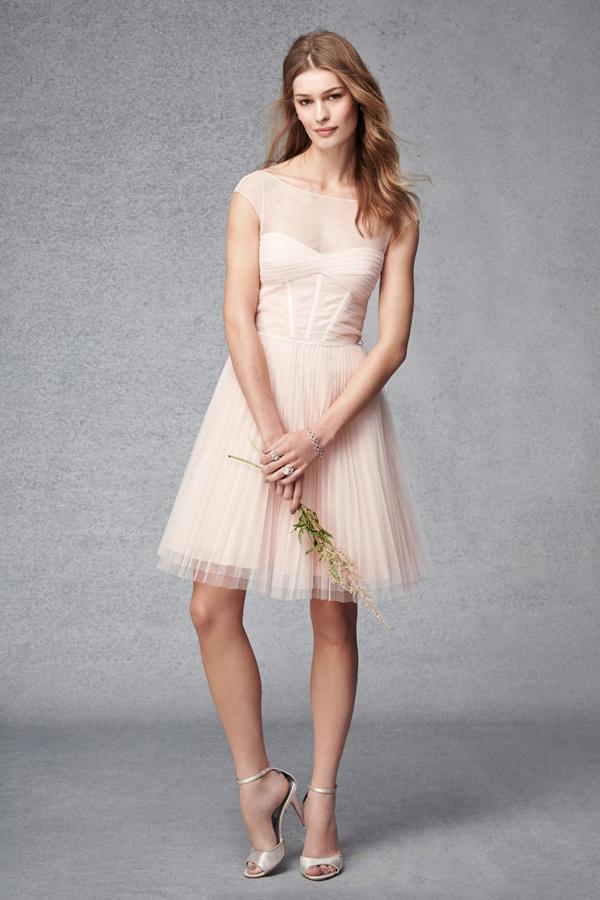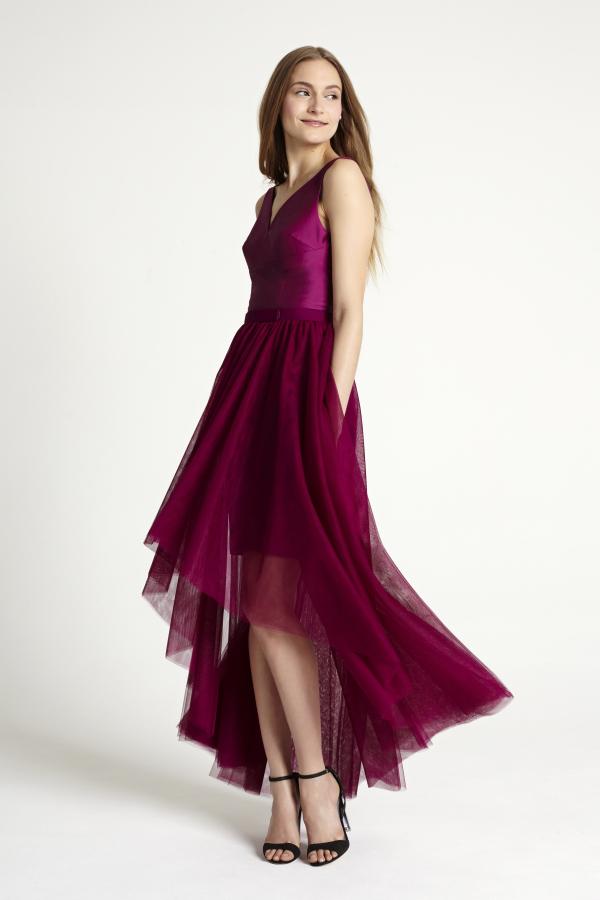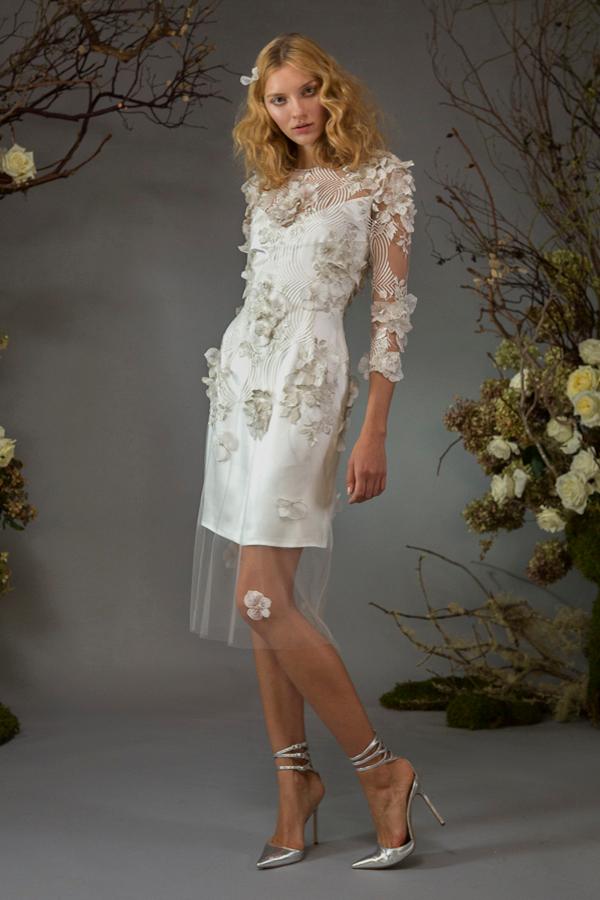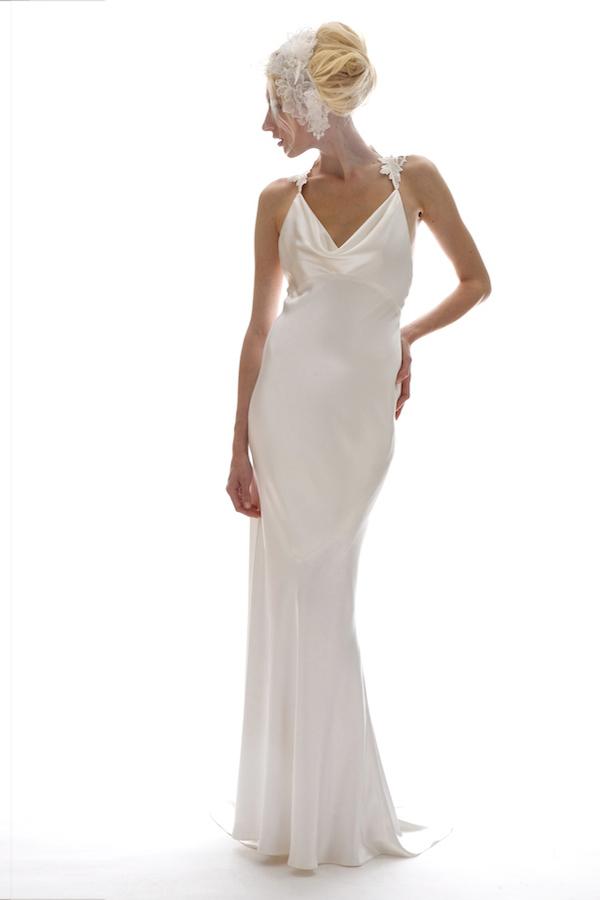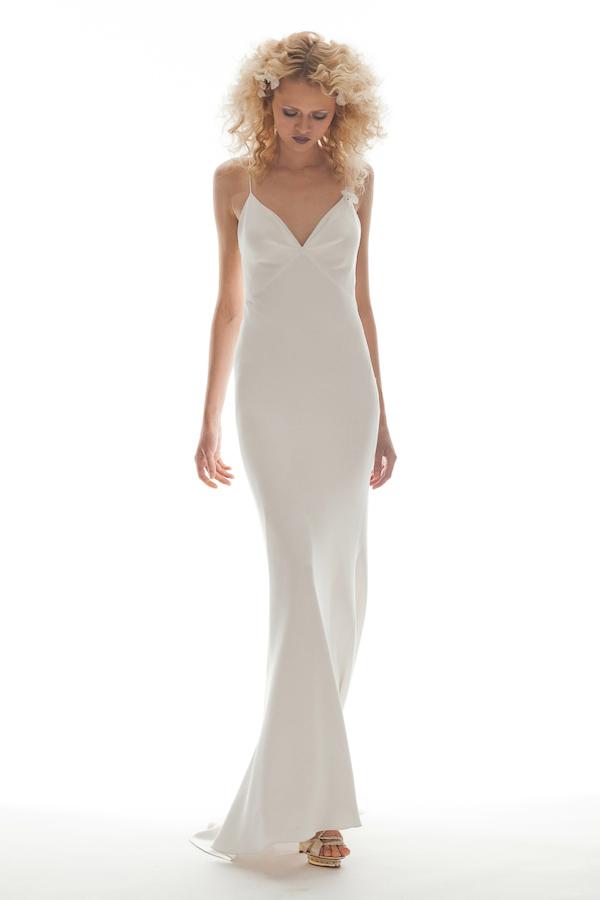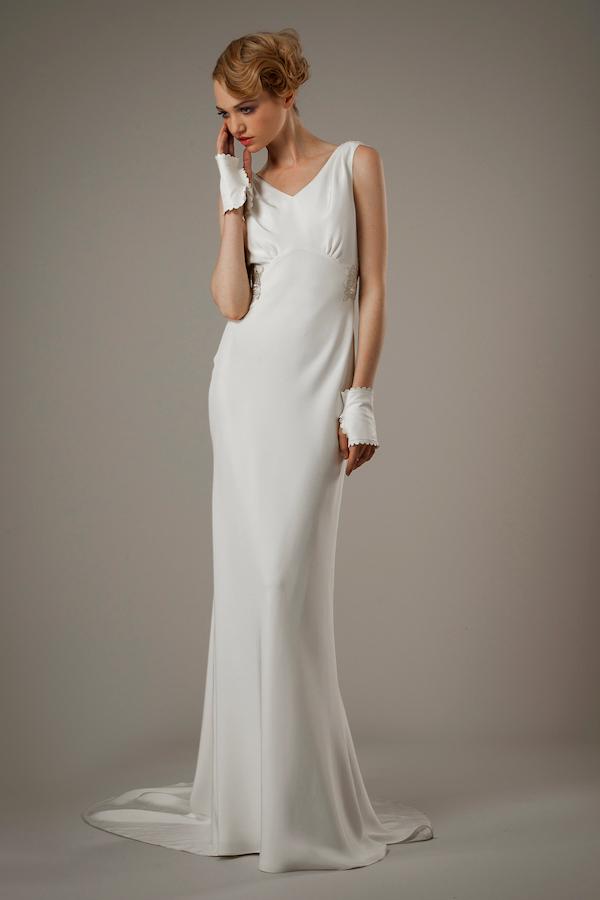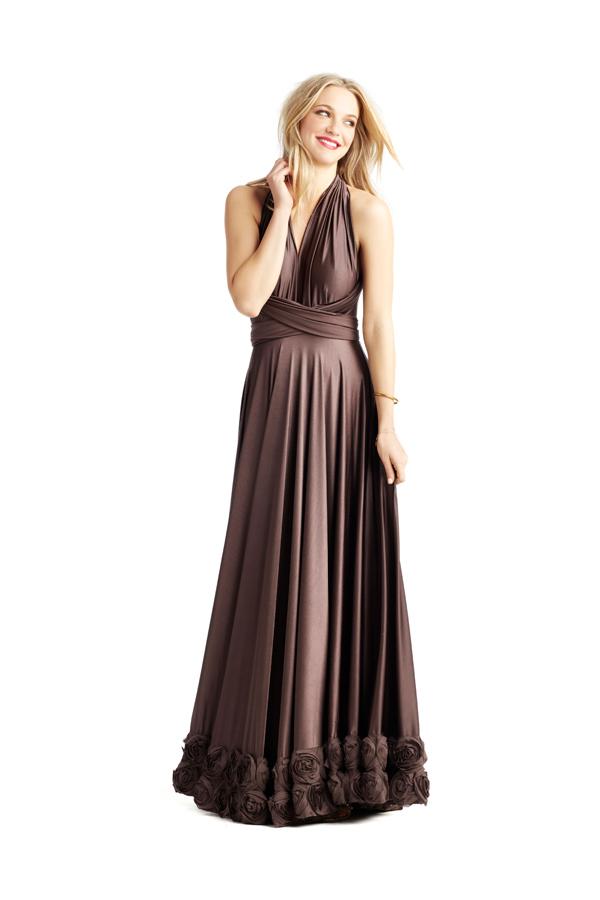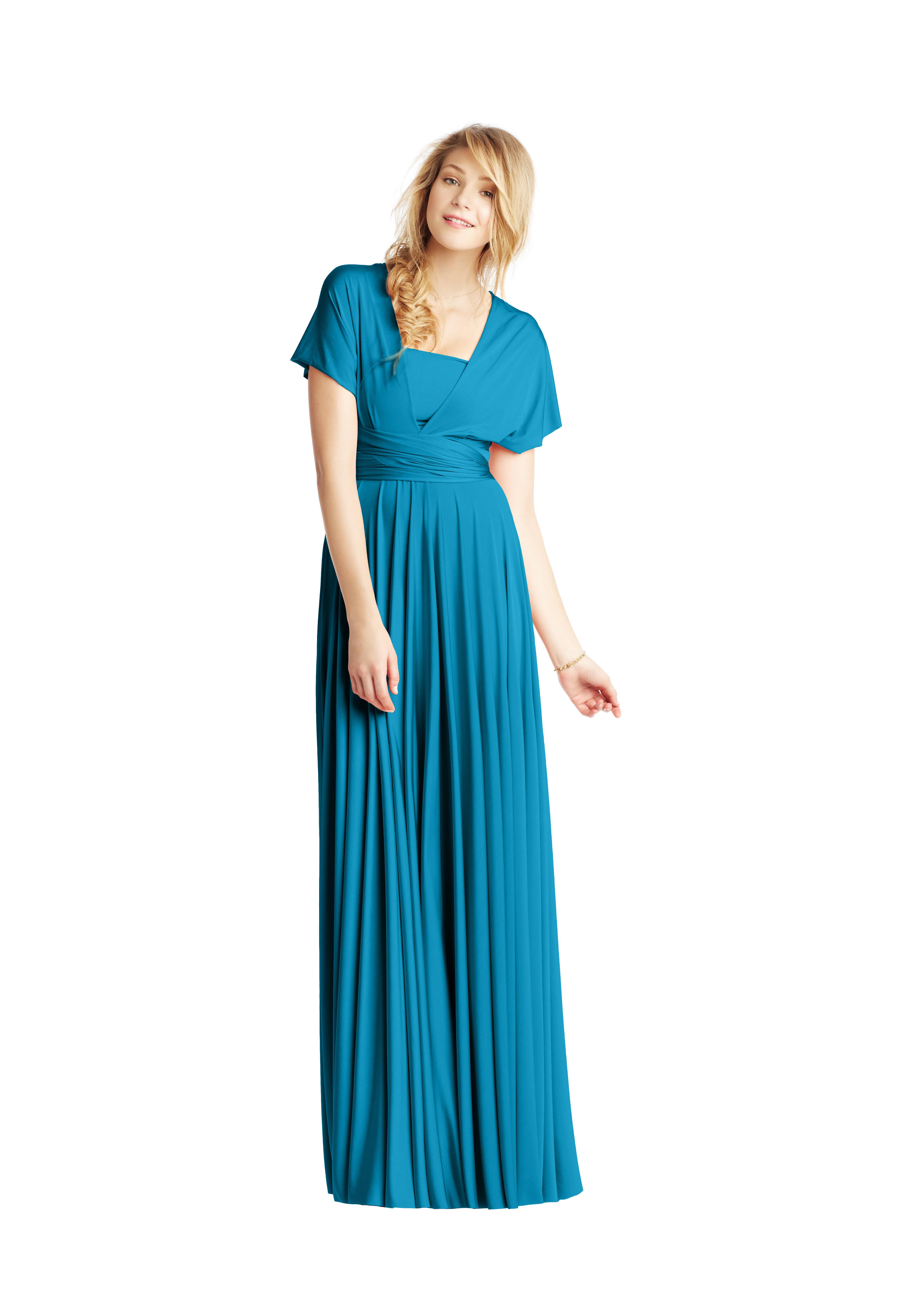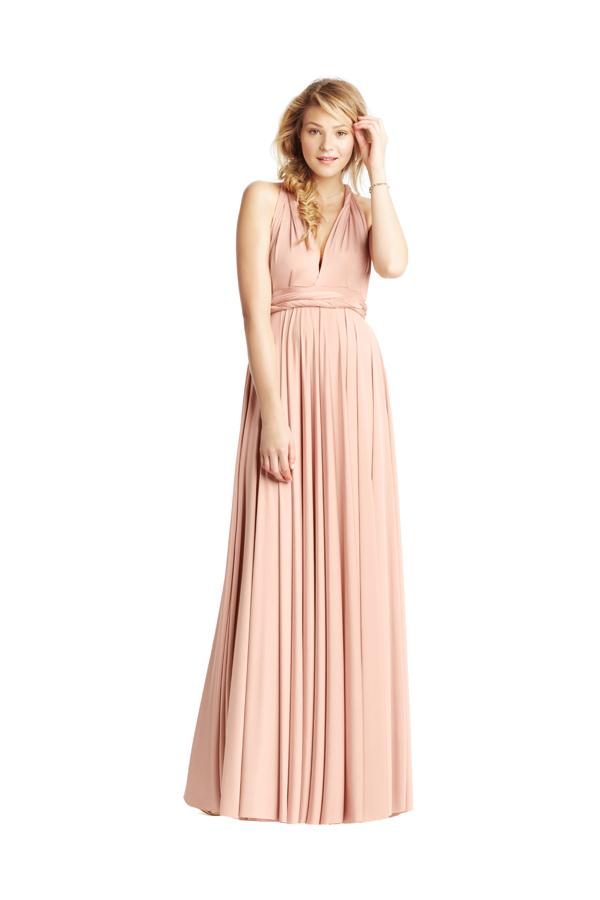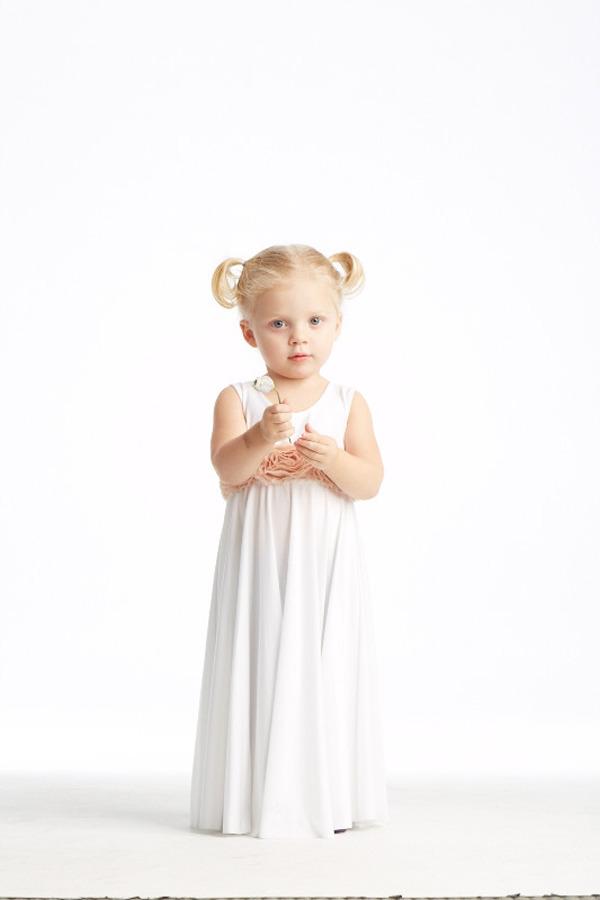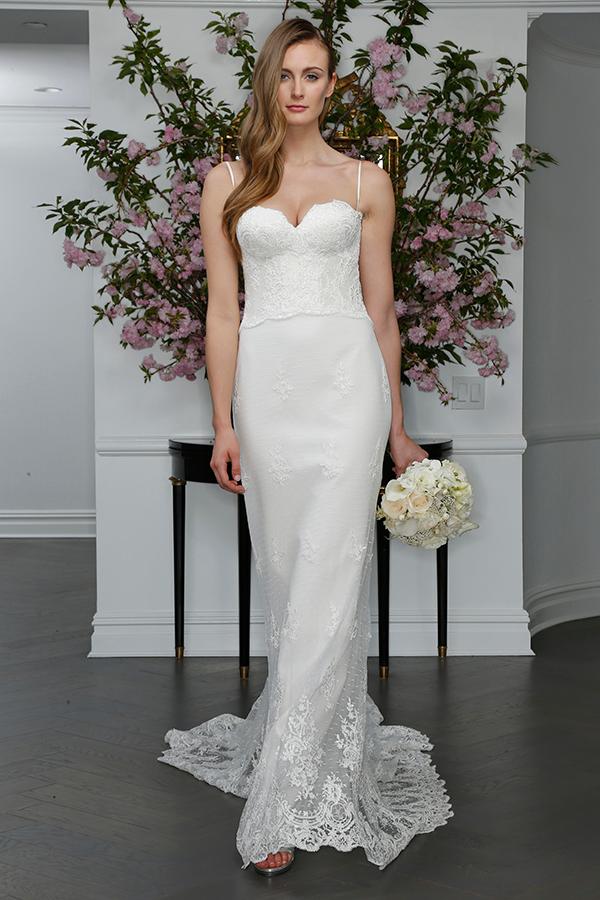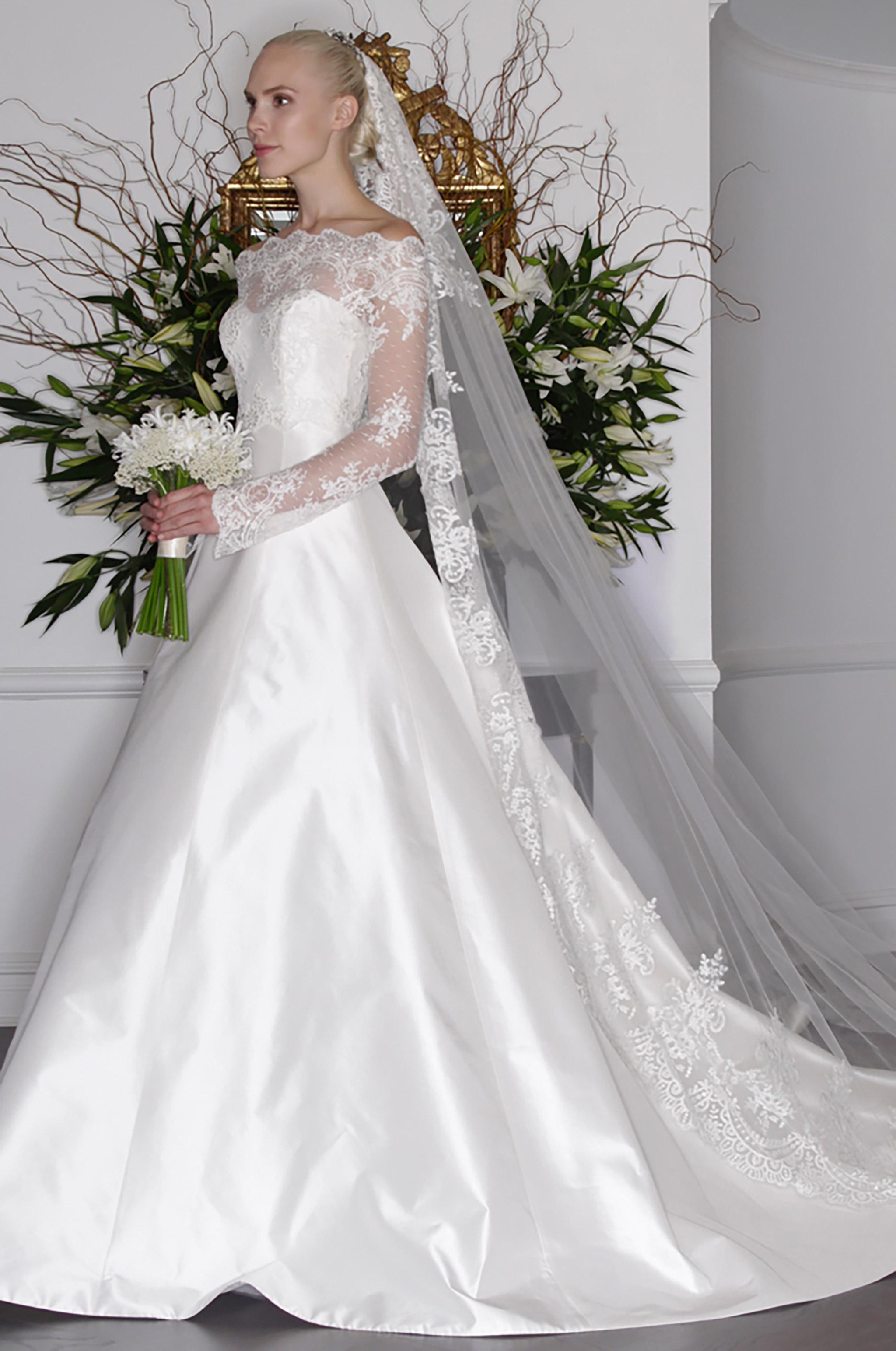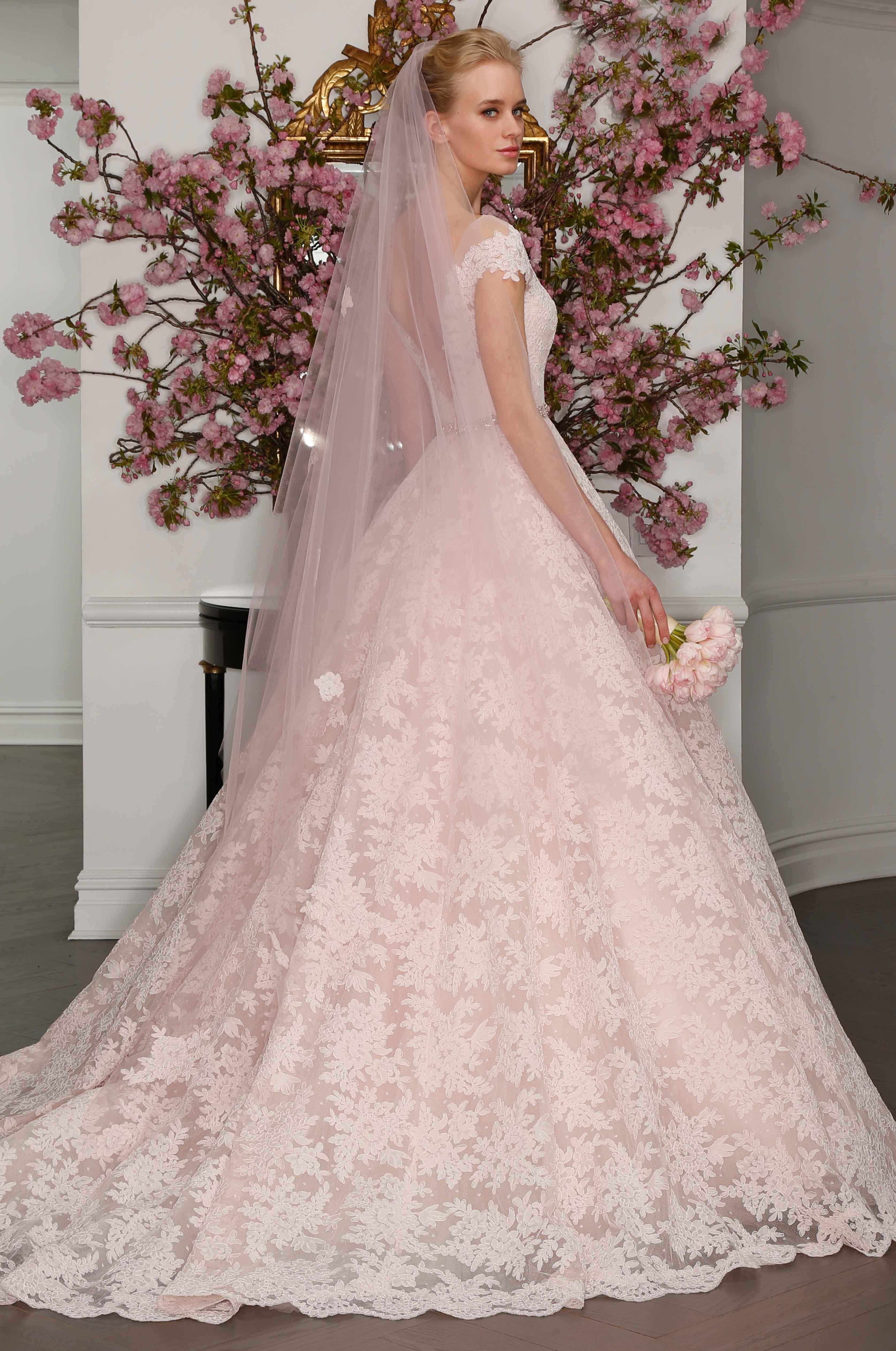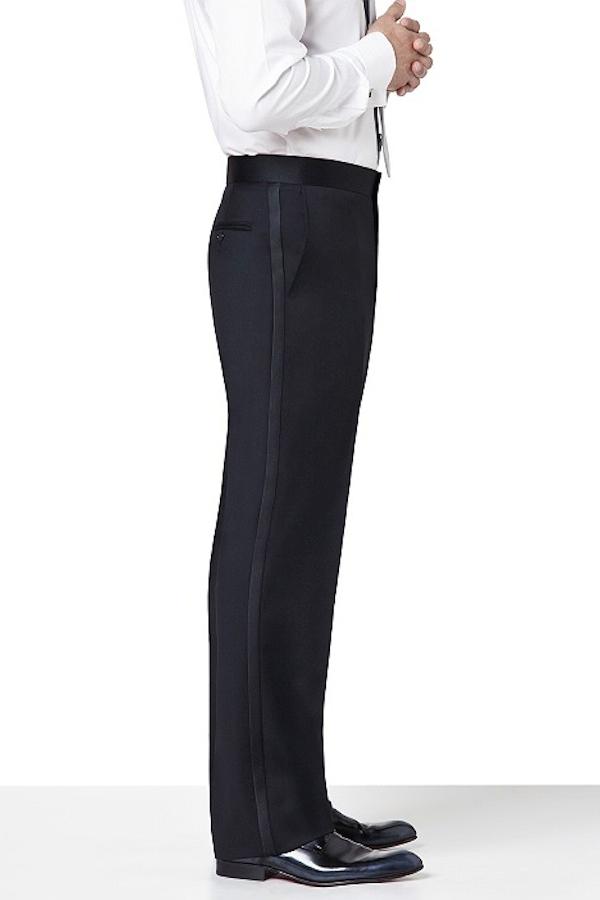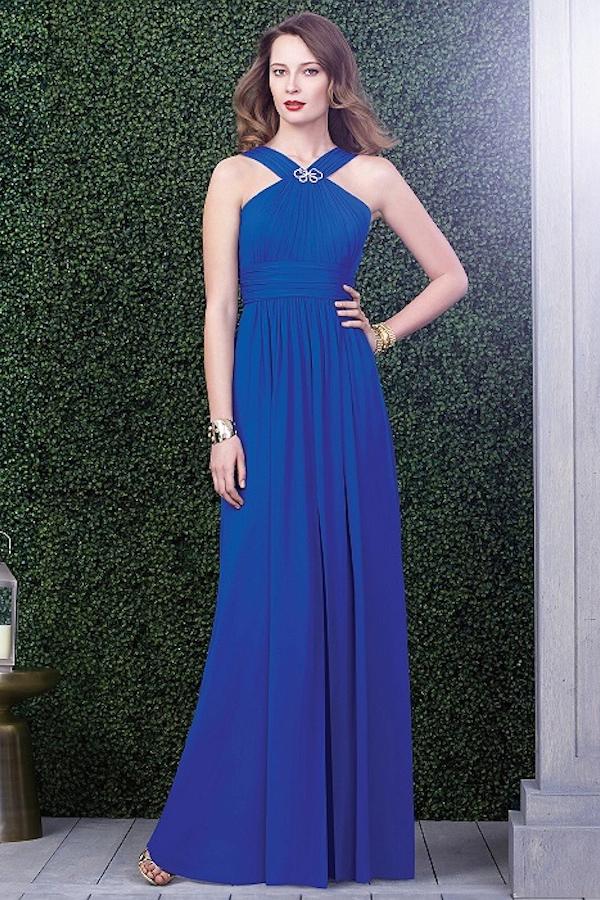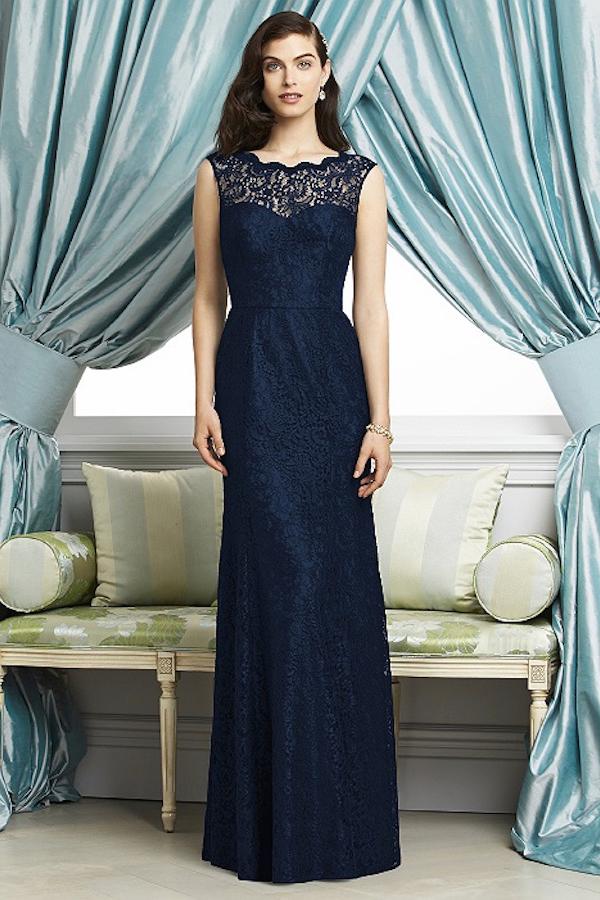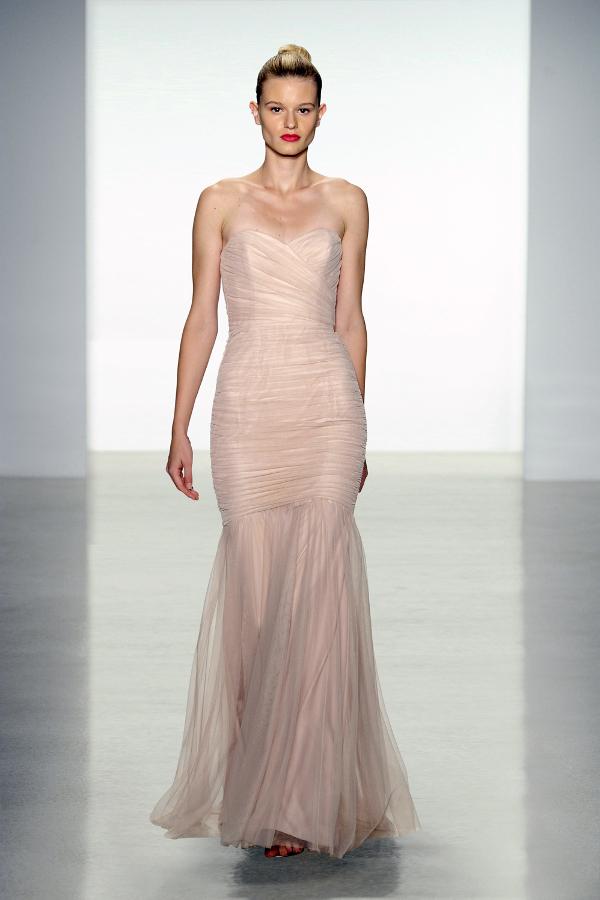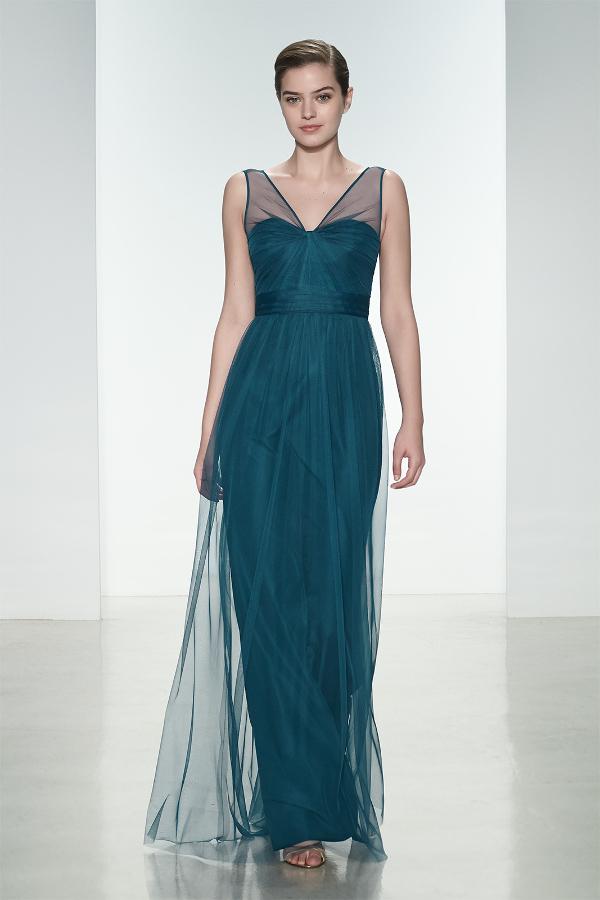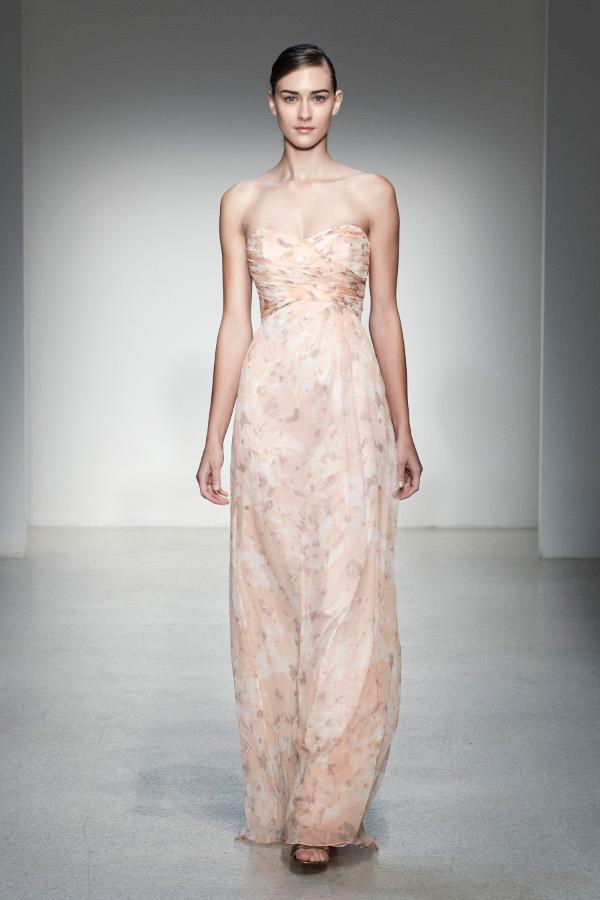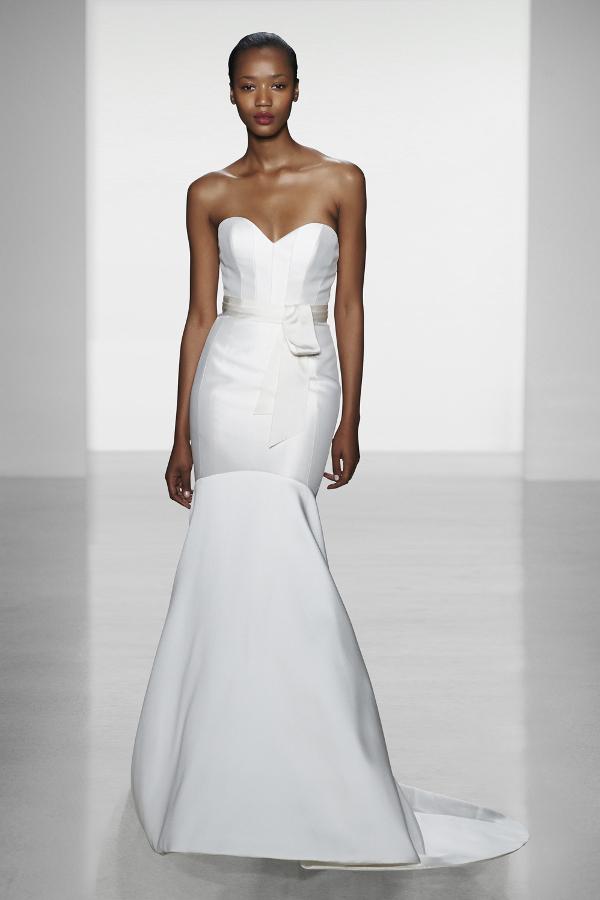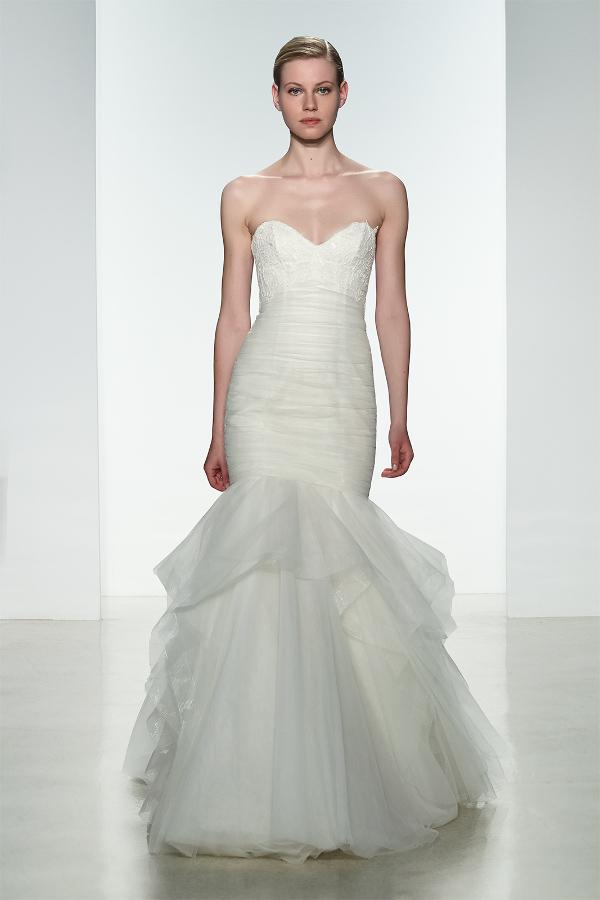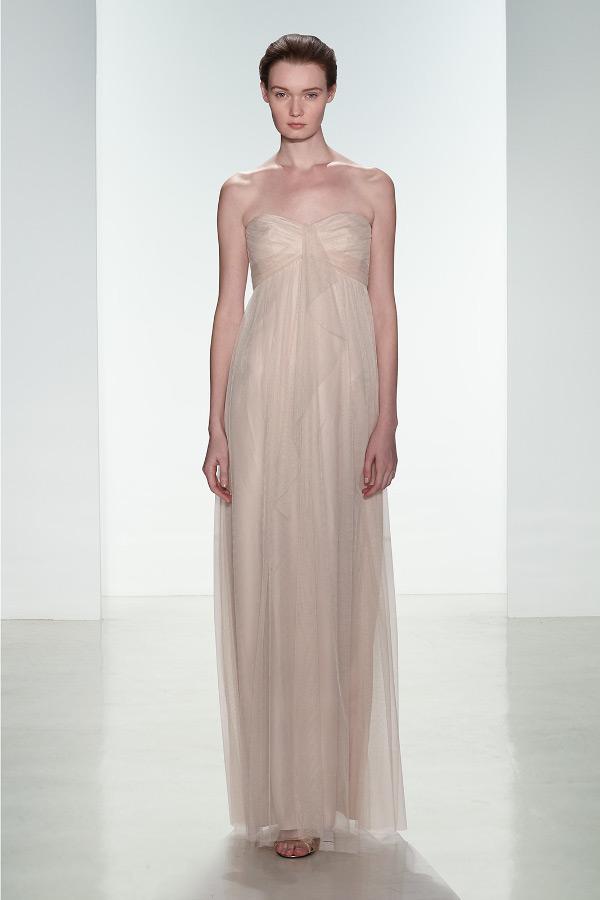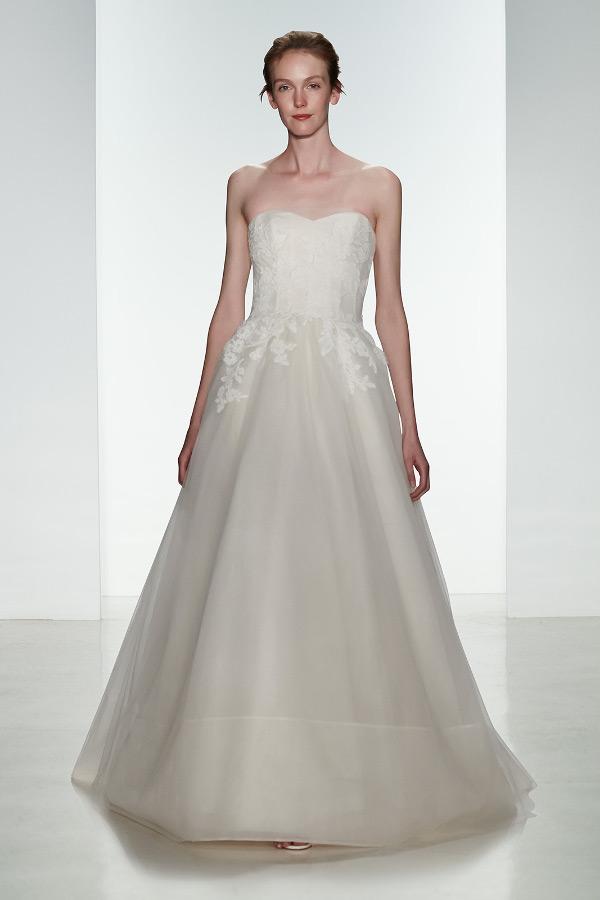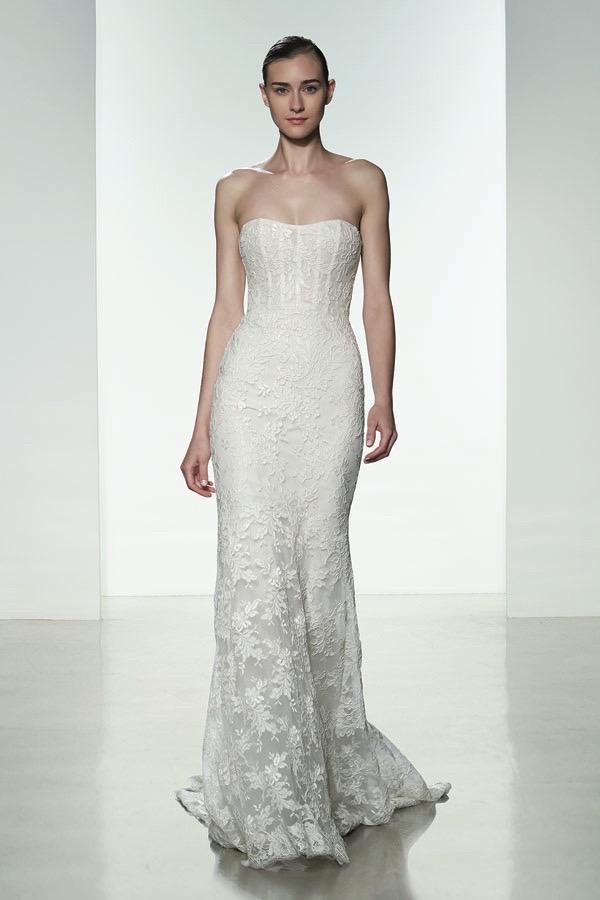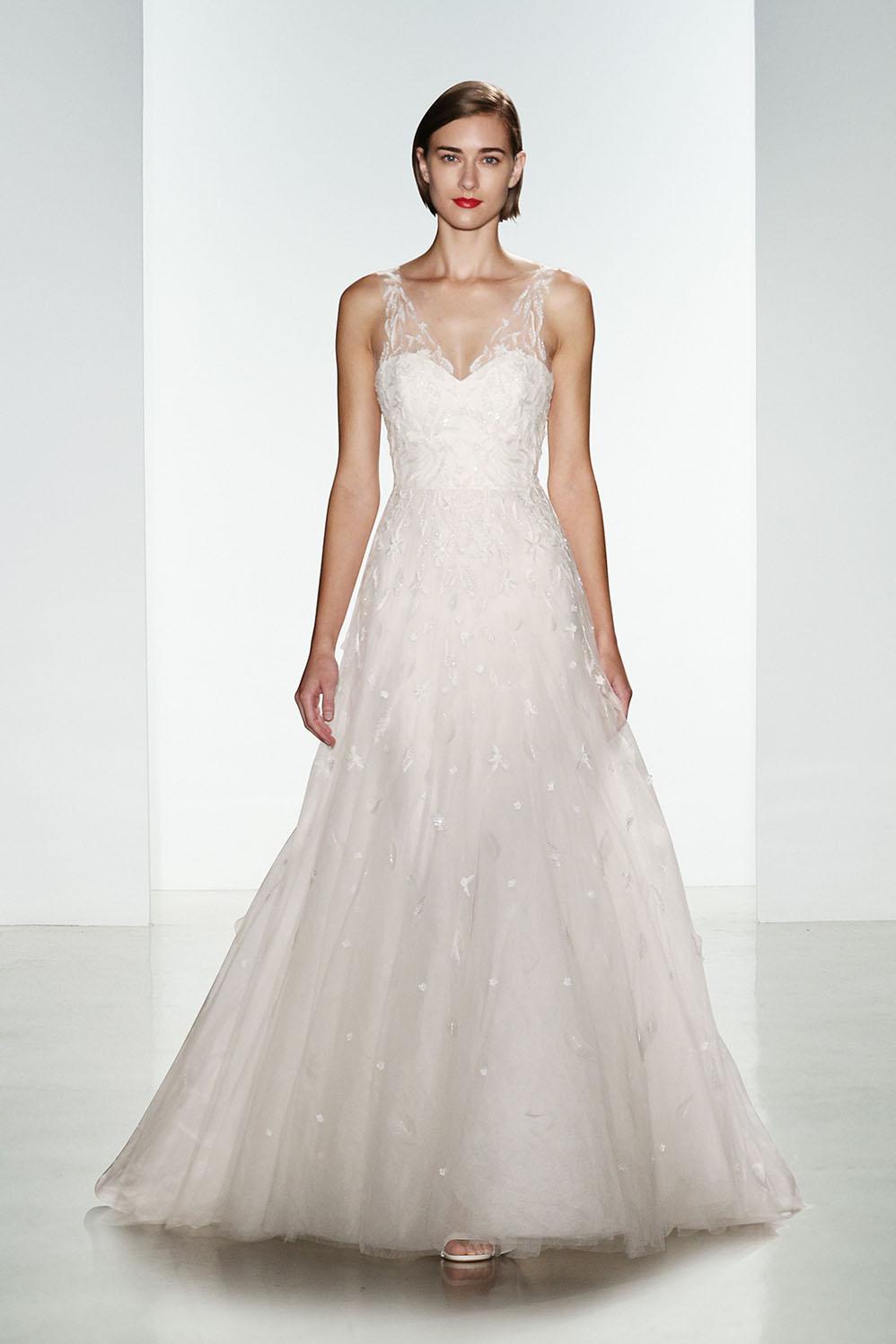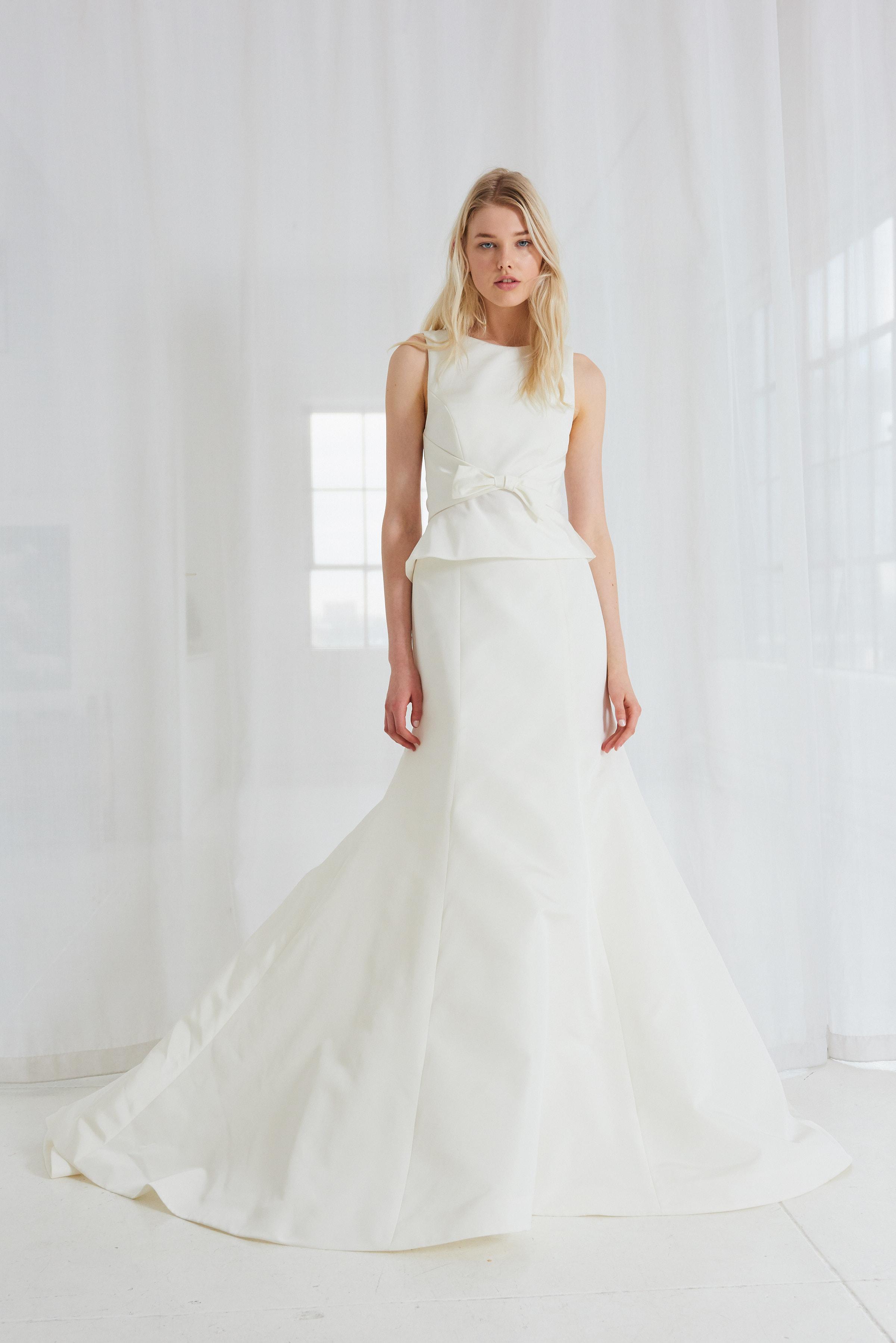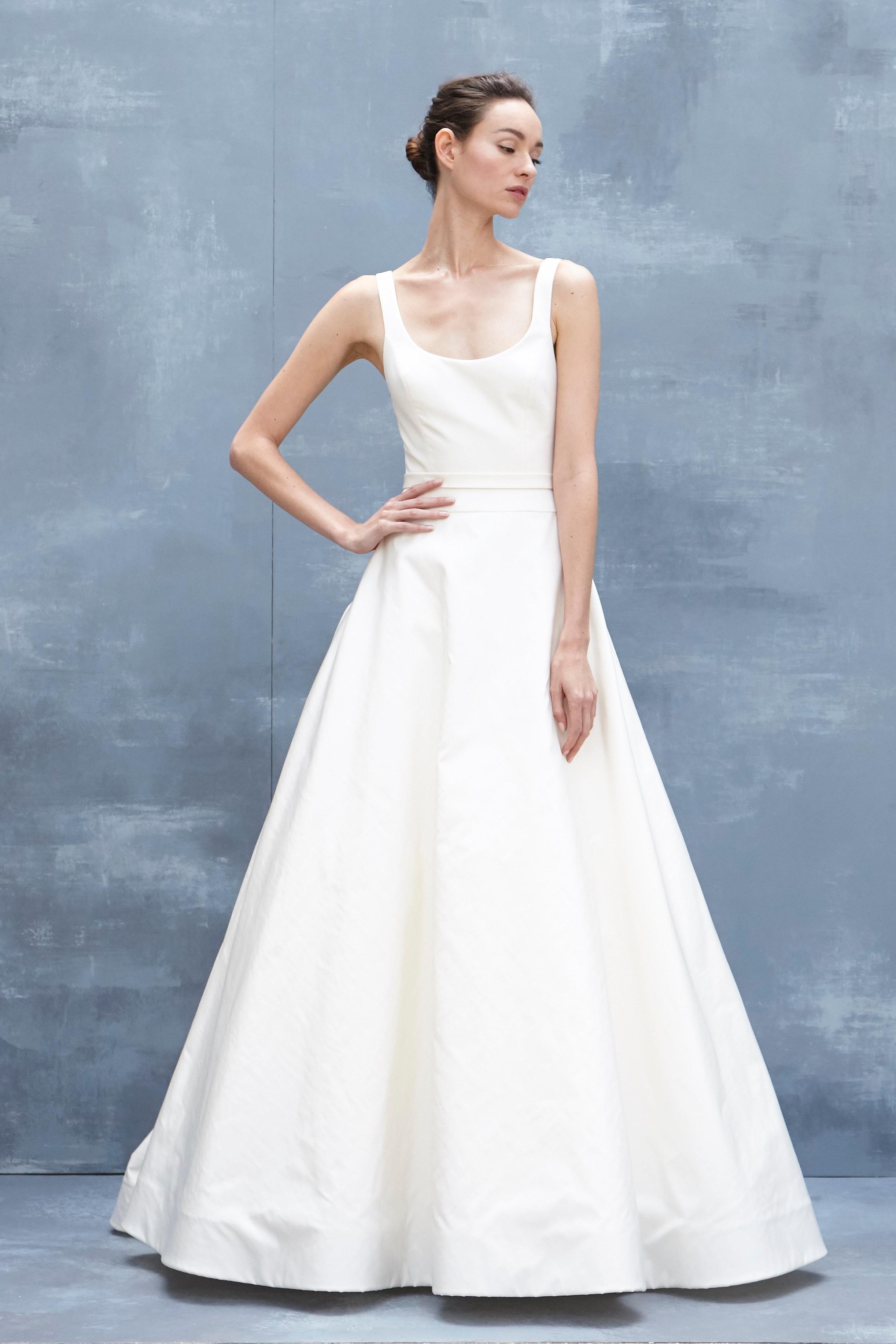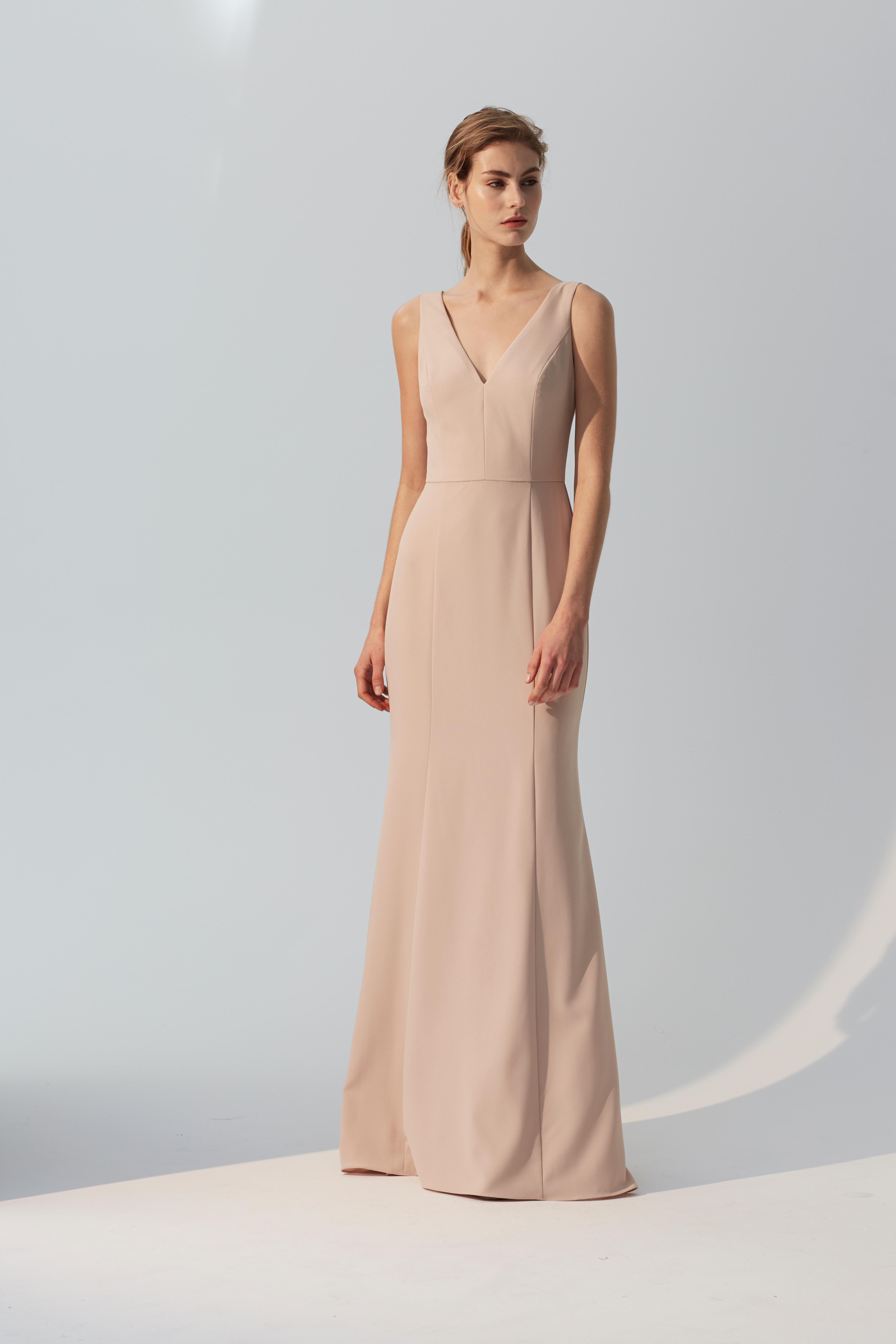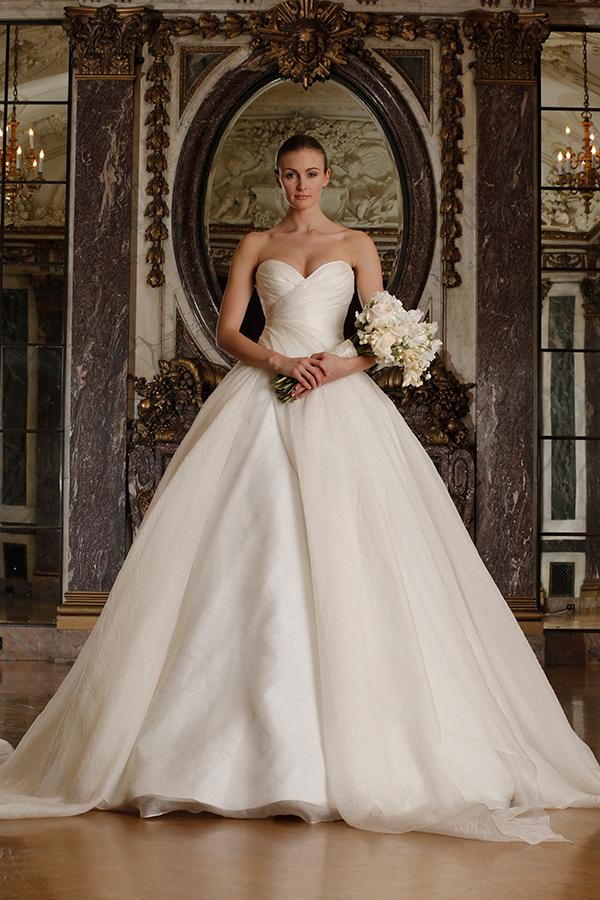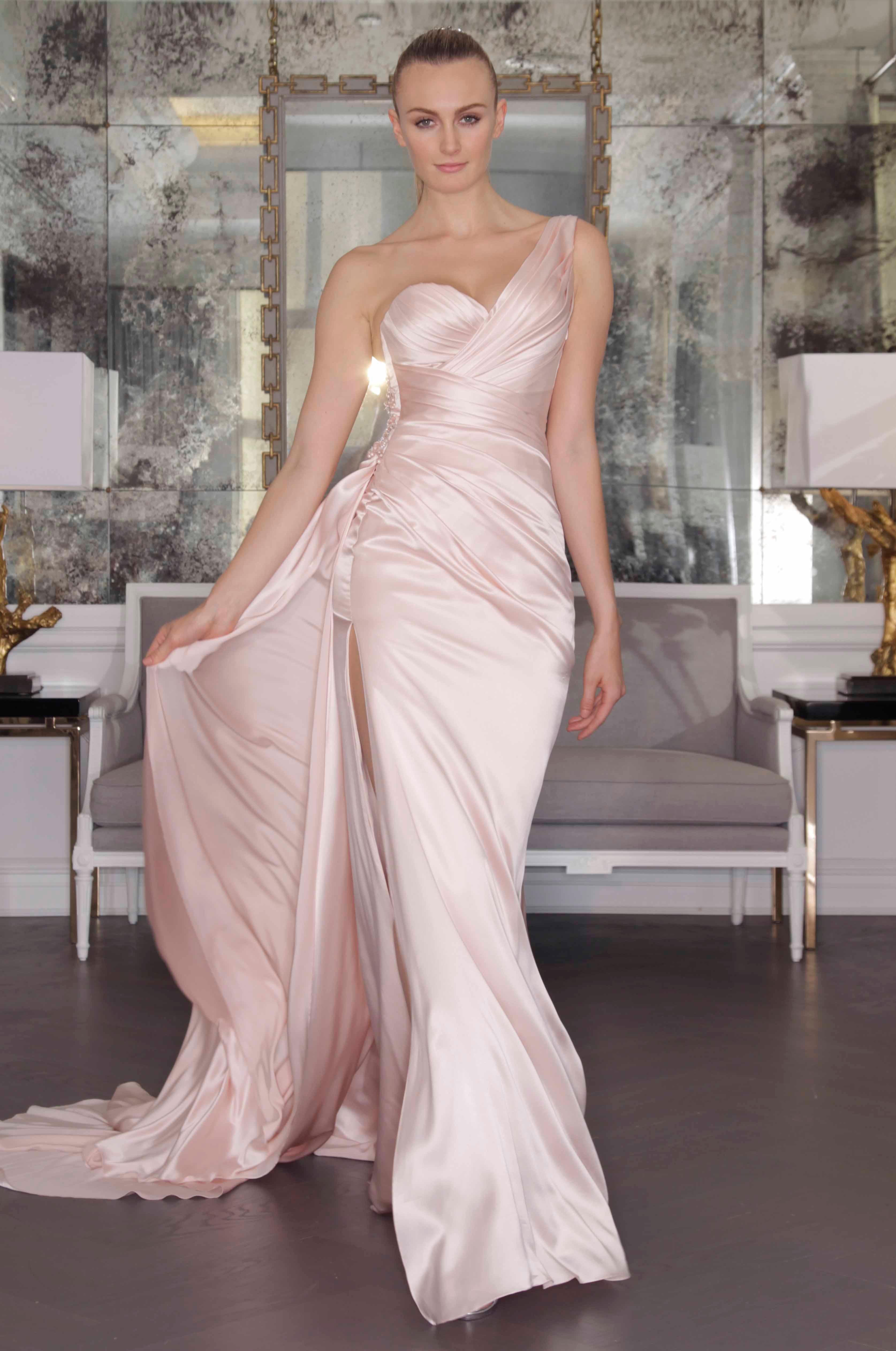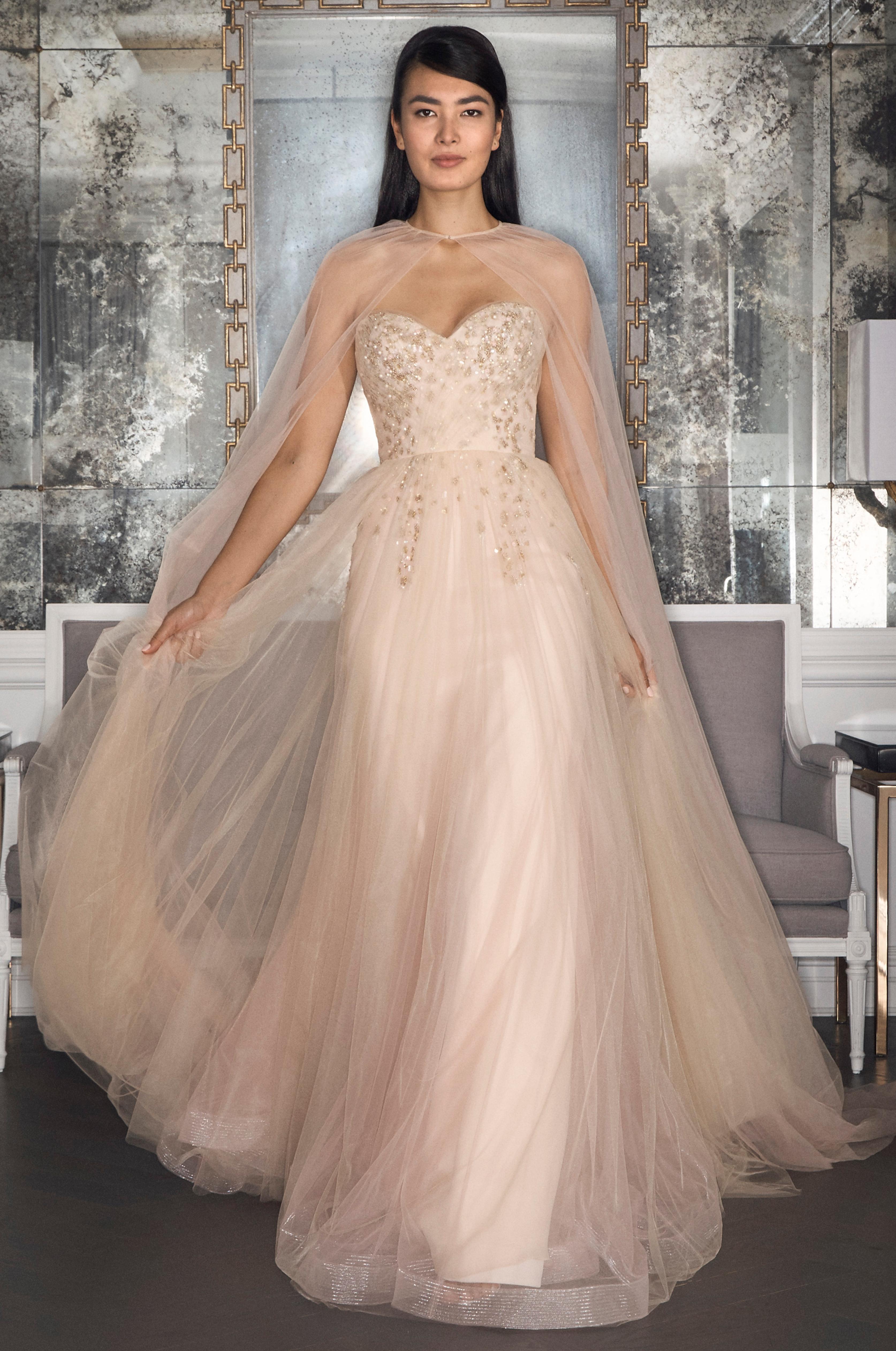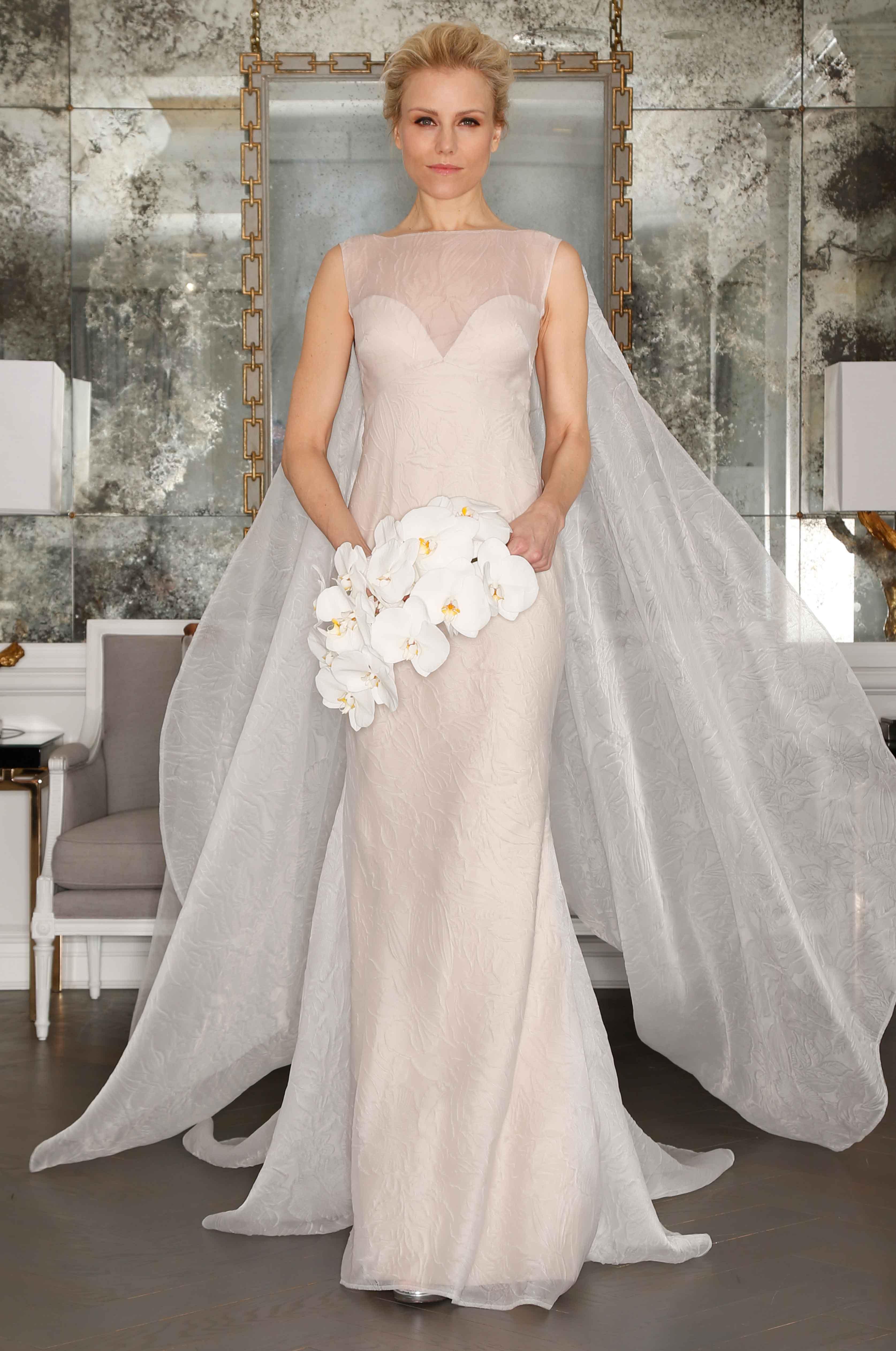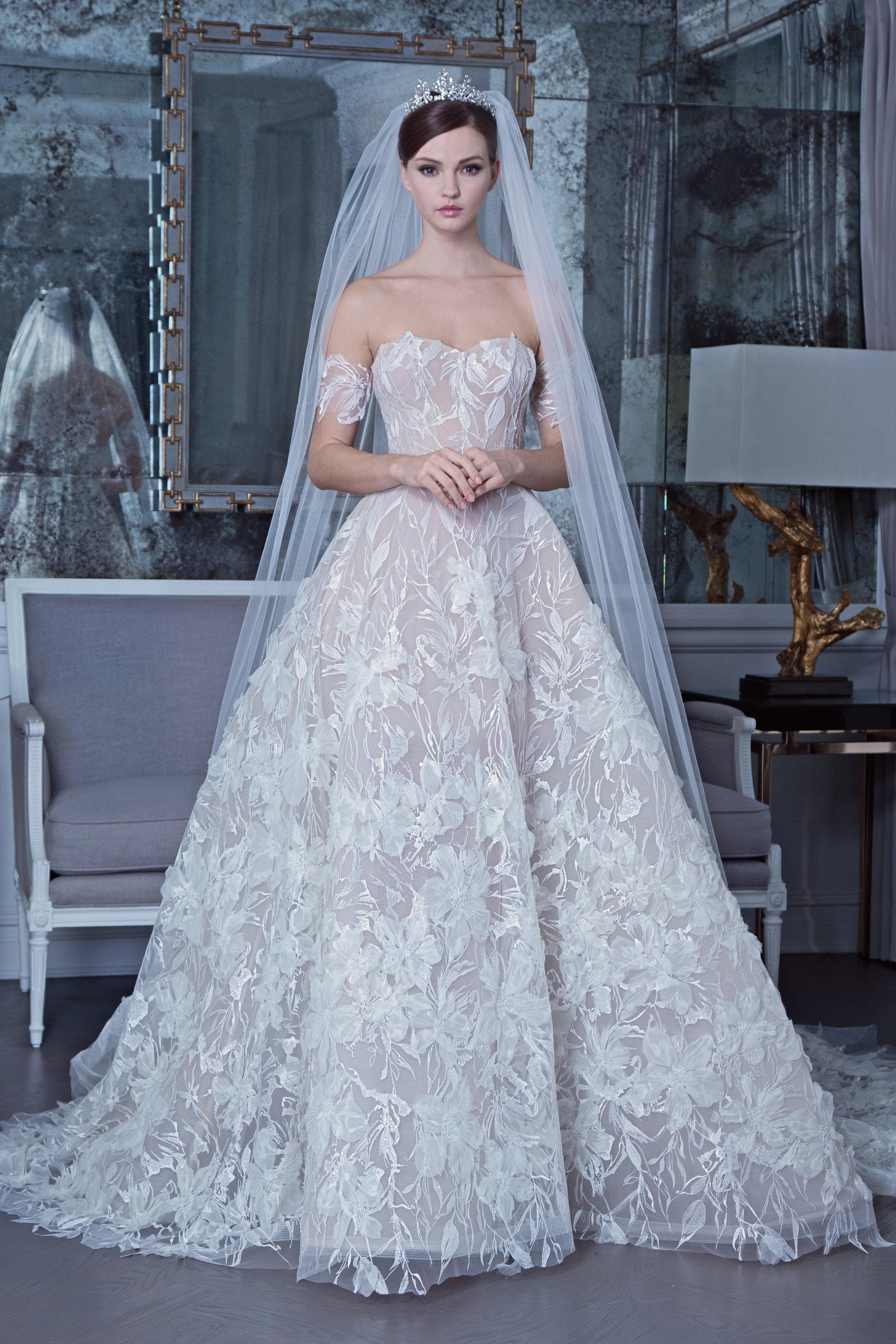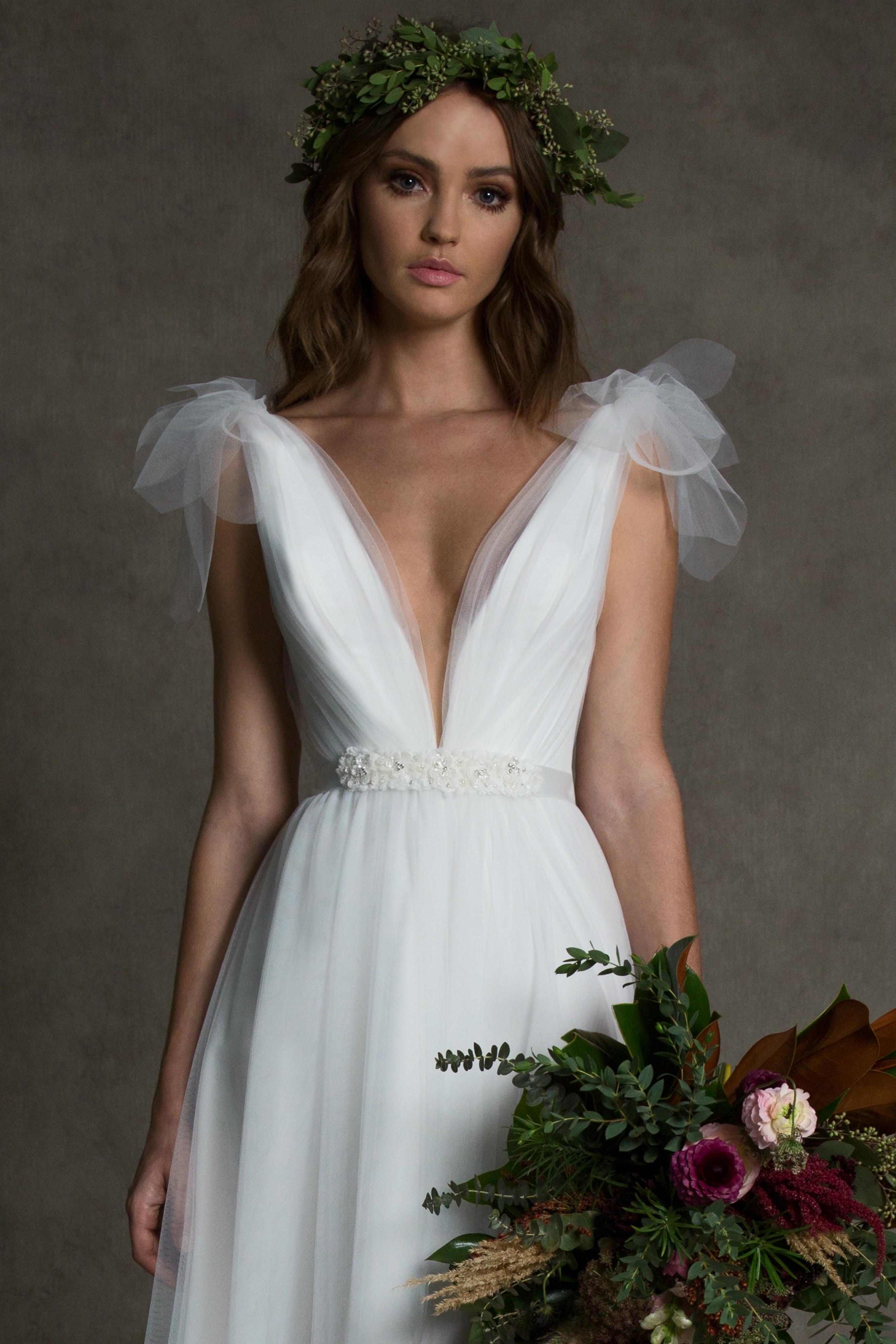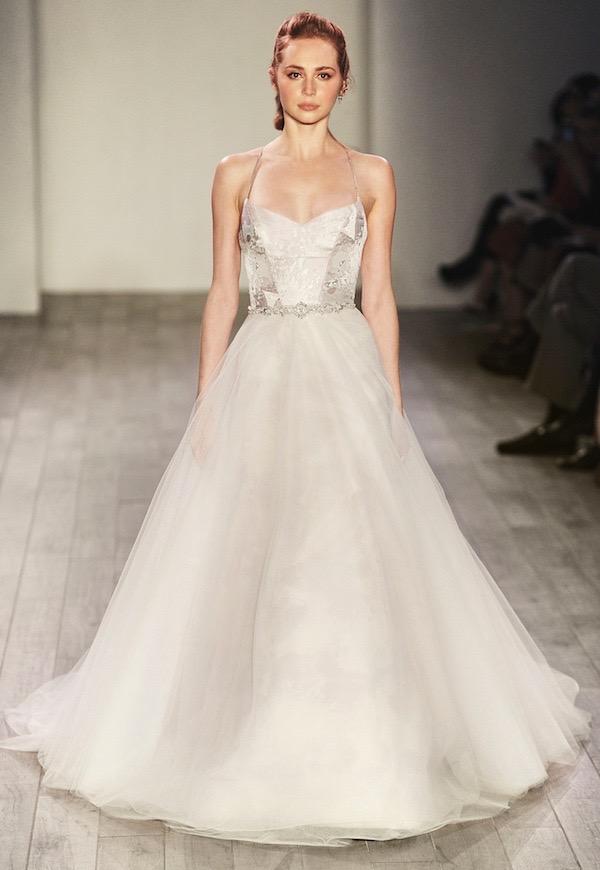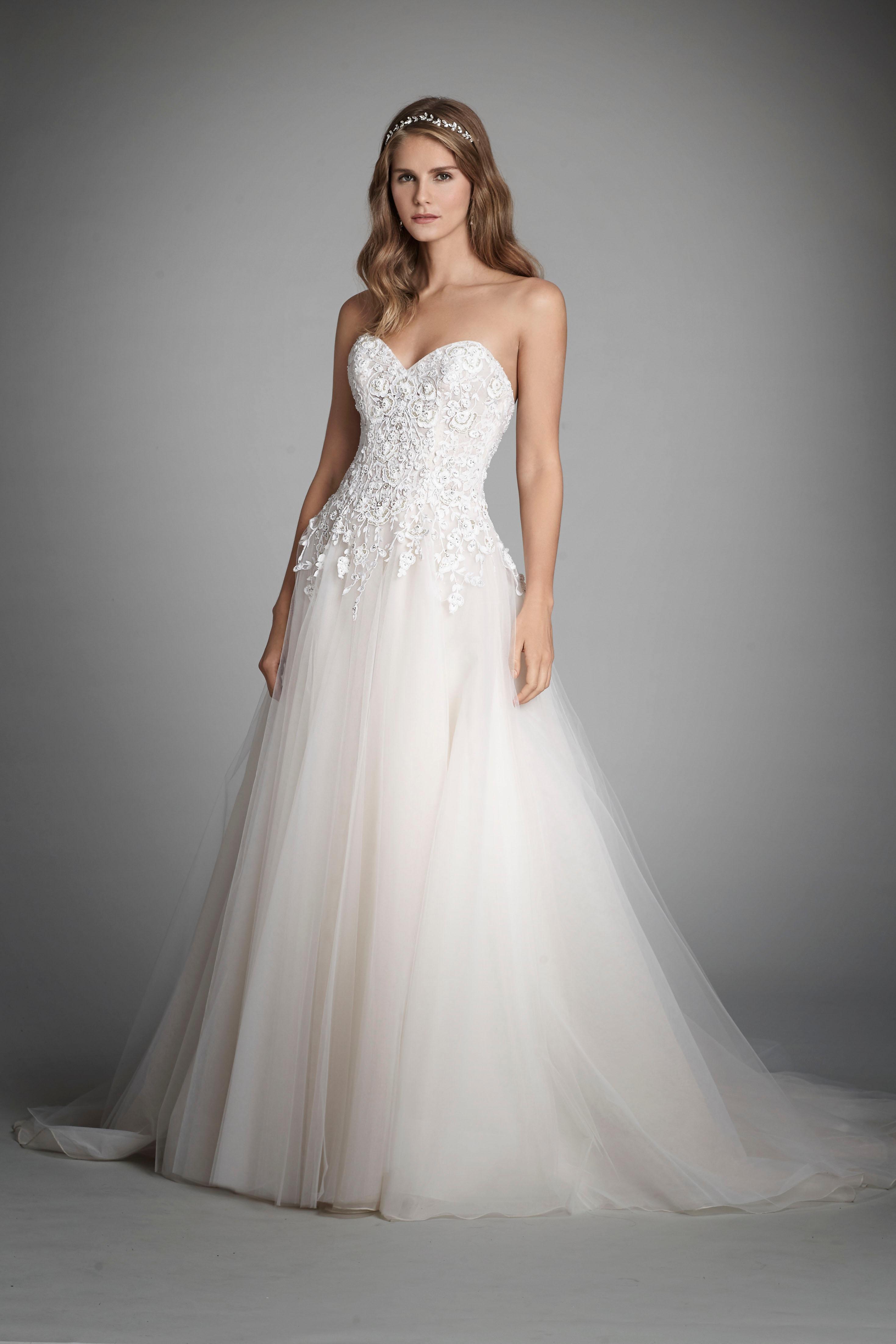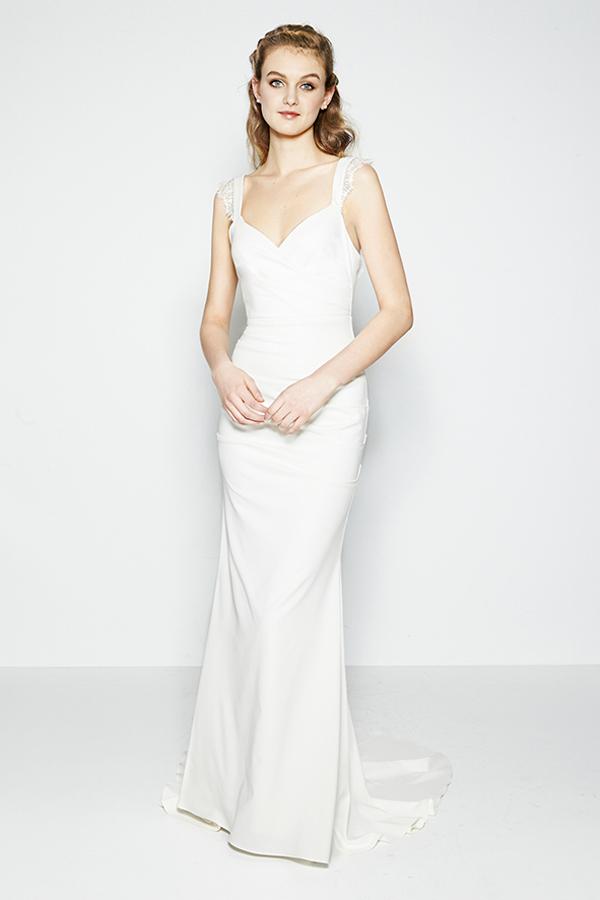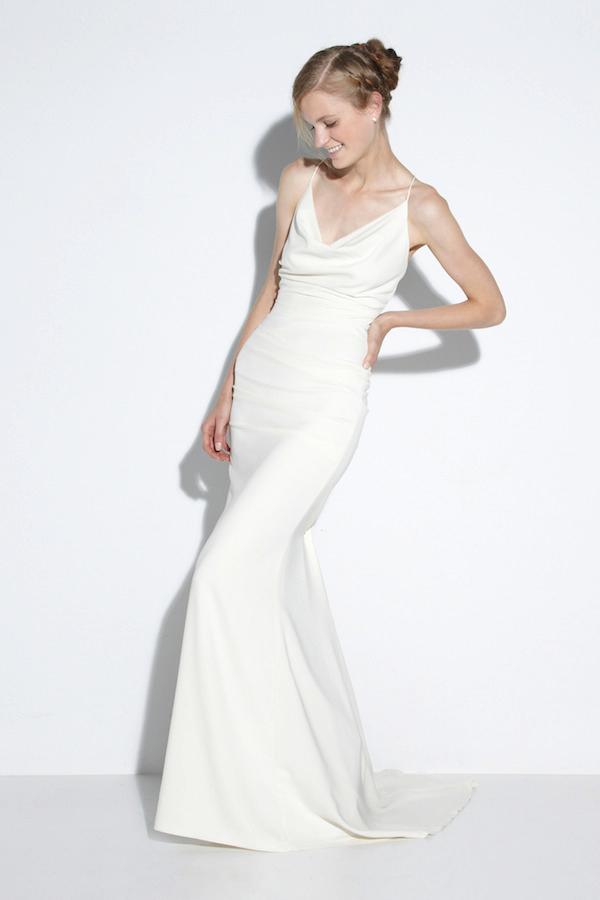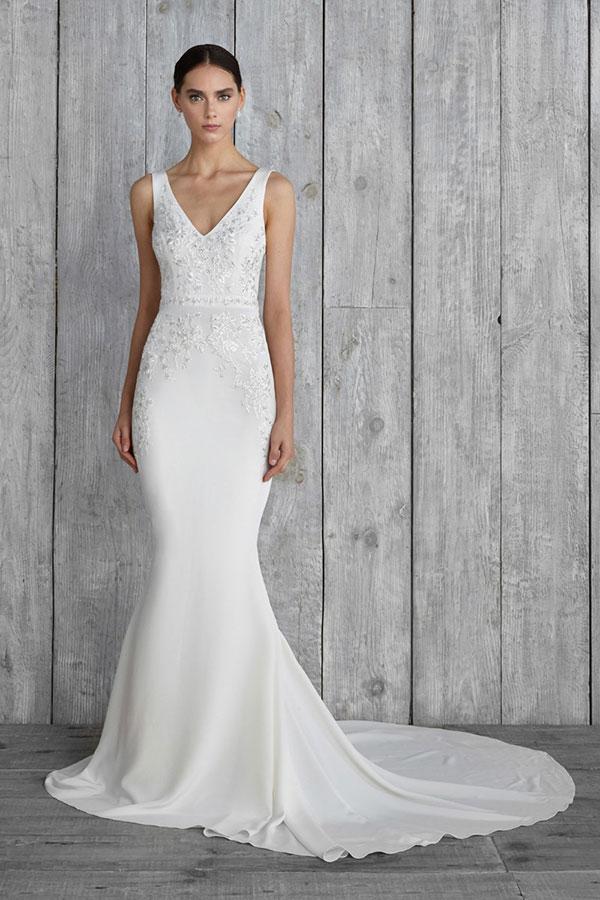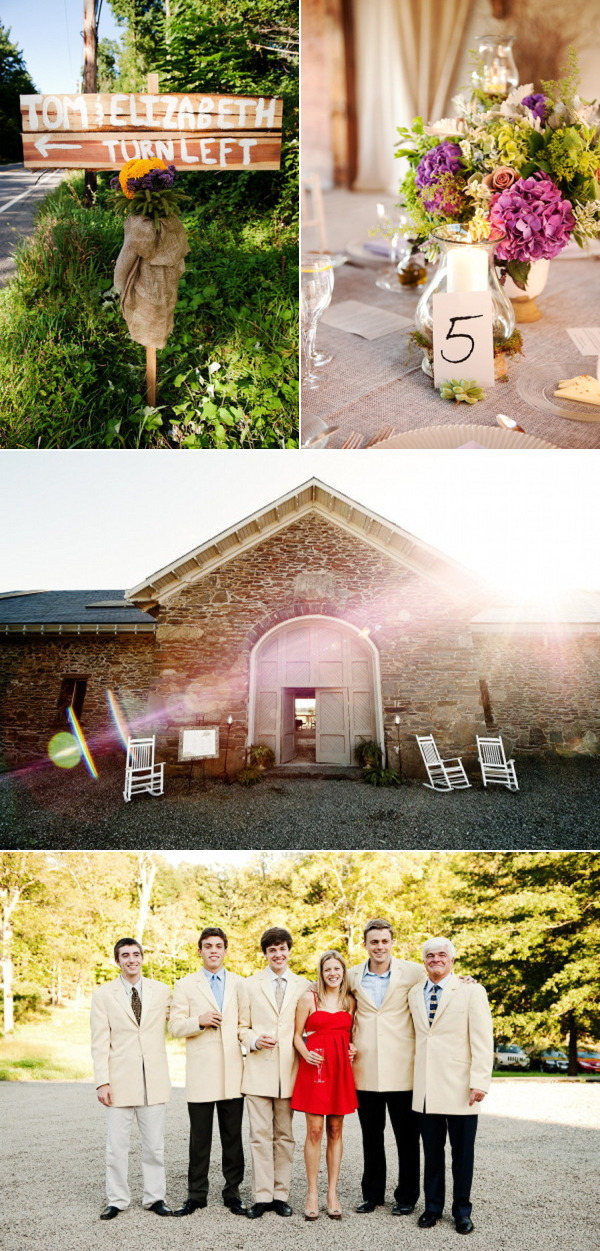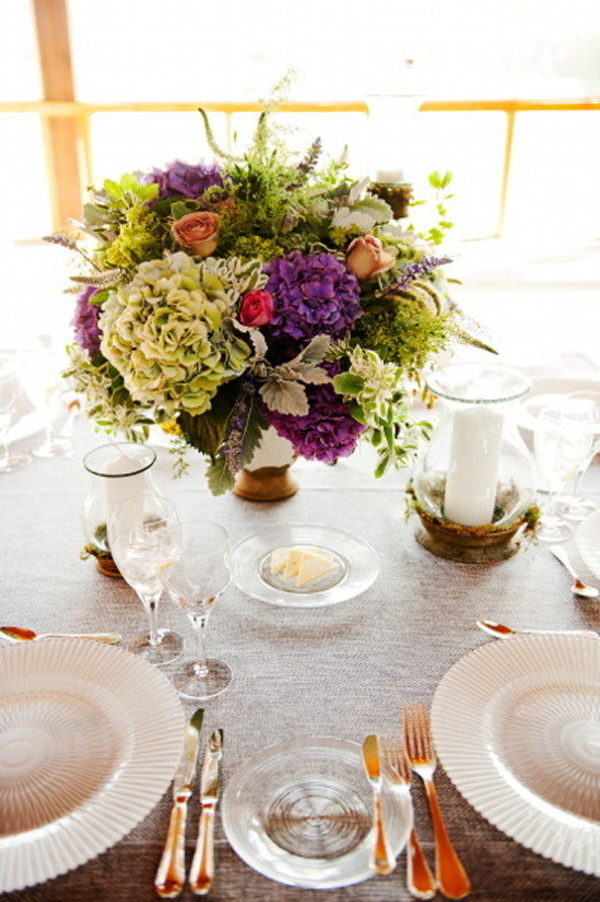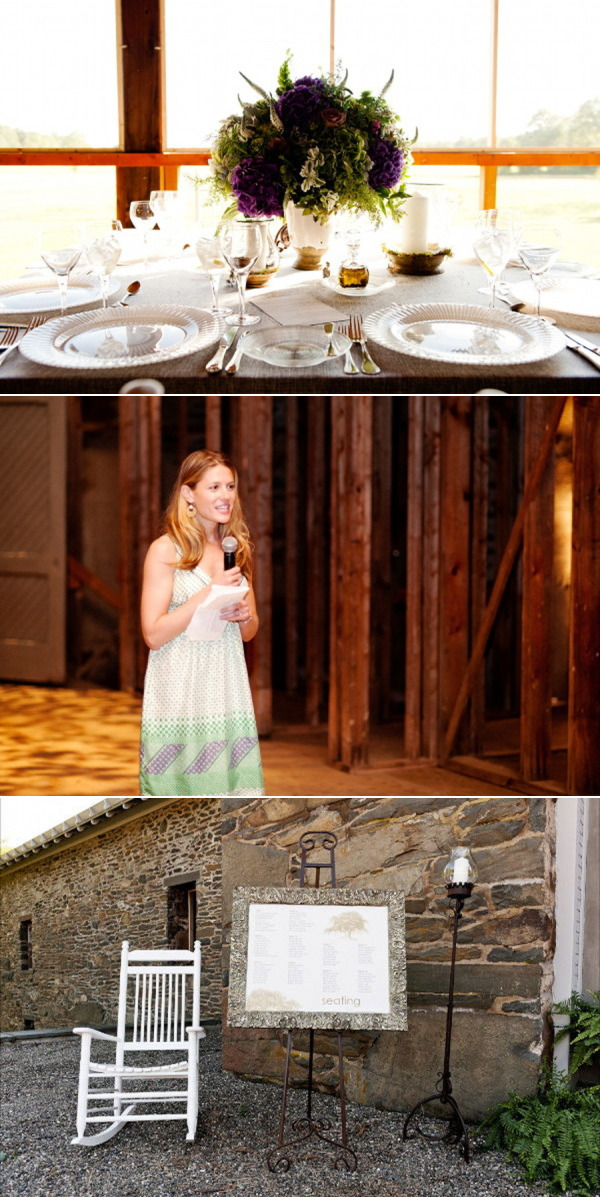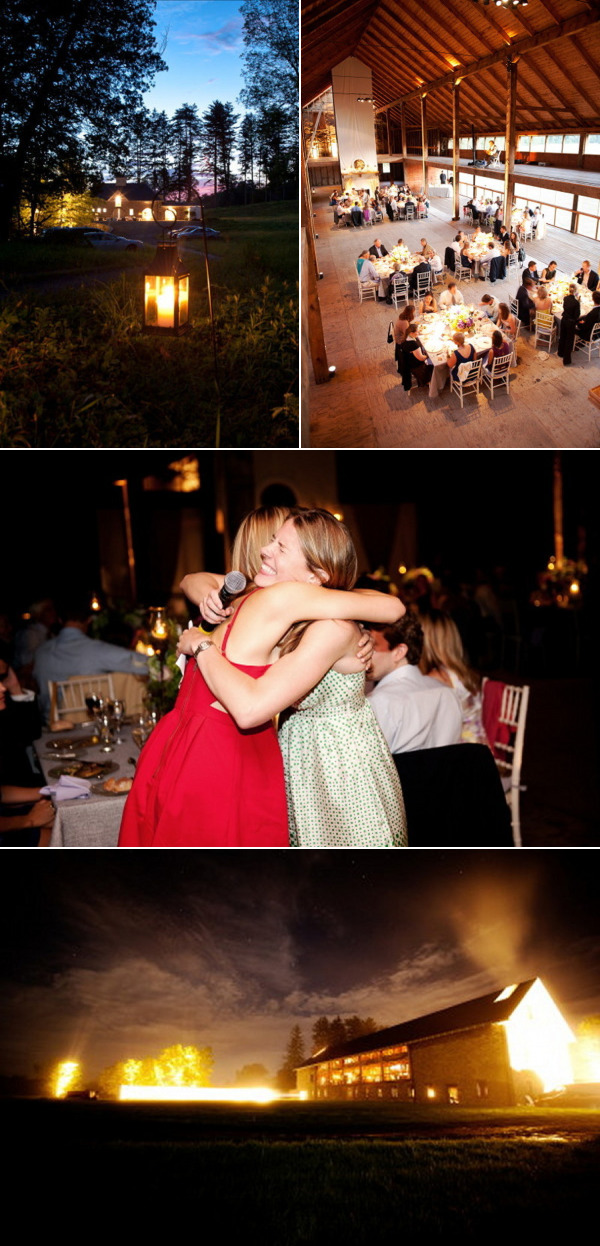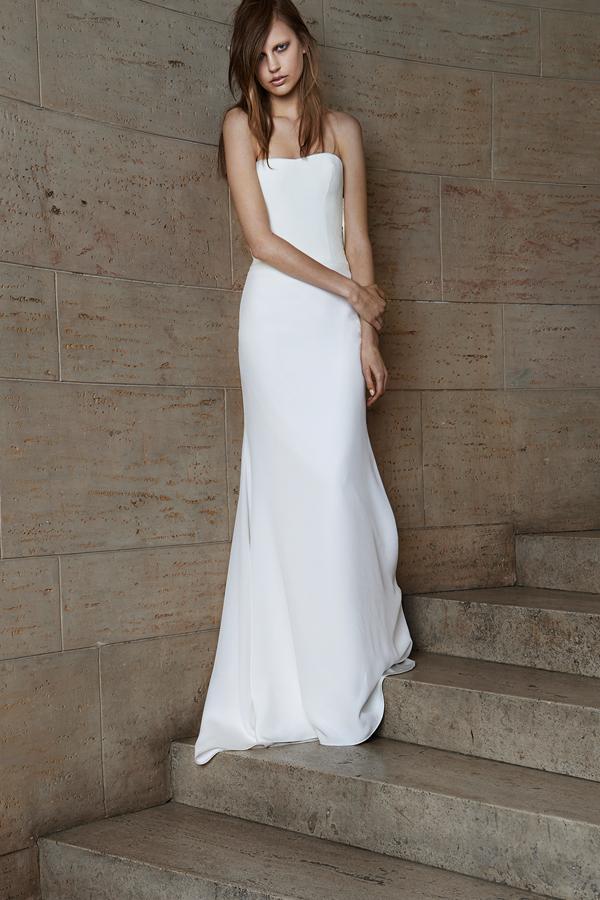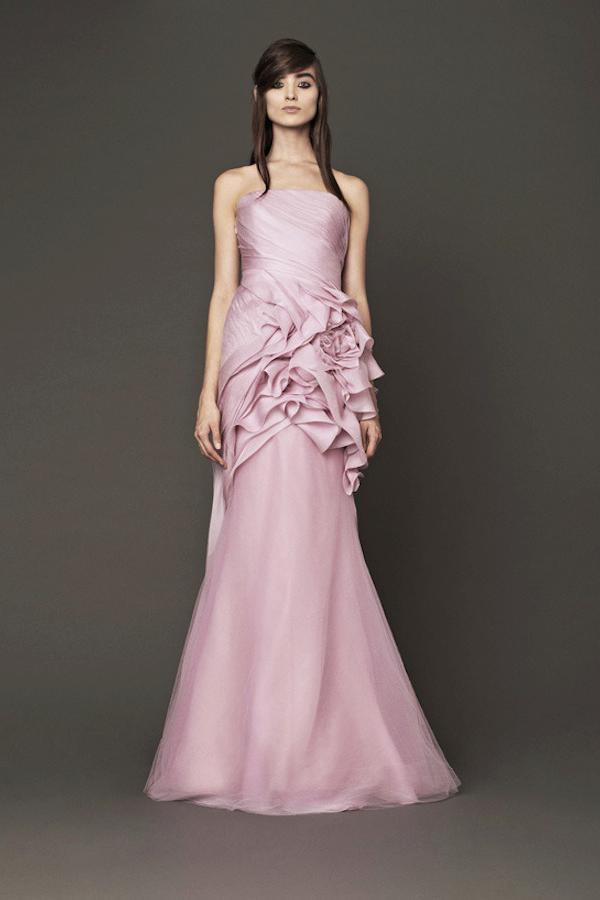I sure hope you haven’t gone to lunch yet, LBBers, because I recently sat down with Ro Howe, owner of Barraud Caterers Limited, and my mouth is still watering. Just as smell can evoke certain memories, I am a firm believer that taste can do the same – which is why it is super important to be overly happy with the menu on your big day. After speaking with Ro, I can only imagine the food that comes from Barraud Caterers Limited is beyond amazing. She speaks with such passion, I have no doubt that a menu planned by her and her staff is definitely one to remember.

Who is Barraud Caterers Limited?
Simply – Barraud is a full-service, “menu-based” catering company. The menu is the core around which my clients explore and build their wedding. All the other elements are hinged to this central element: the venue, the design, the music or entertainment, the structure and flow.
As a small, boutique caterer I am not only able to make flexibility and open-mindedness a part of my business practice – it is the very matrix upon which all else is structured and fashioned. I take great pride in the fact that in my over 30 years of being in business – I have yet to repeat a menu – ever. This is a direct result of the fact that I require my clients to express their ‘I thinks’ to me. The important part of this is to initially present them with possibilities they may not have considered.
Listening and questioning and listening and prompting, I am able to pull a skein from their words and images of how they ‘see’ their wedding, checking with them all the way to ensure I have it right. Together we weave, mesh, develop sometimes inchoate images into an occasion that truly belongs to them. It is their idealization that I work to discover and uncover and then interpret with a ‘toolbox’ of professional skills and organization.
That is what I see my job to be: to deliver – to my wedding clients especially, their dream into the embodied reality of place, design, furniture, entertainment, waiters, refreshment and all the other possible accoutrements of this particular and specific occasion.

When a couple comes to you, what have they come to expect?
I send my potential clients my press kit including current menus to consider, before we meet to discuss their celebration, to give them some idea of the scope and variety of what we offer. This opens them to possibilities that they had perhaps not considered and gives them a feeling of freedom and confidence to explore wider choices and to make the experience an adventure. This is important. This liberation is the signature that makes each and every event not only unique but totally hand designed by them, using the materials I offer them.
I request clients come to the first meeting with clear basic outlines of their celebration: date, rough time line, estimated guest numbers, guest demographics, purpose and proposed budget.
Once a menu and structure is sketched, all the other elements are considered and introduced to enhance the essential ambiance of the occasion. I do not refer here to the background music or social temperature or anything physical, but the incipient quality of the emotional value they want to create for their guests. Good interior designers do it all the time when they are helping clients design and decorate their homes. It’s not just about creating an image or sending a message about the money spent or copycat references to recognizable styles. It is about recognizing and using my professional skills to channel their personal gift to their guests. Only when this is established can I begin to do the structural work of recommending the right florist or designer, band or DJ for instance. But I keep checking back to make sure that all reflects the ‘dream’ they told me about in the beginning.

Has cooking always been a strong passion in your life?
I attended a very ‘proper’ boarding school where I was exposed to a rather martial Domestic Science teacher who insisted we learned the technique of scrubbing a white wood table to within an inch of its life even before we began peeling and dicing apples for apple crumble. Understandably, cooking classes were rather stinting on the joys of food.
Rationing in Britain until 1953 also did not inspire a developing child or palate. My Grandmother cooked good, plain, nutritious fare with my small fingers learning how to peel potatoes, stir soup and wash the dishes afterwards. But it was learning the labour of the scullery rather than the colour of the carrots, the freshness of the lettuce, the sweetness of the squash or the glory of a beautiful pie crust. Even though Grand-mama was definitely “upstairs” she believed in young girls being acquainted with “downstairs” too. It has stood me in good stead!
No, I learned how to cook because I shared a flat in London with four other young ladies who wanted to impress young gentlemen. Having little to no expendable income, we entertained at home, so we all learned how to cook from doing it: consulting cookery books, trial and lots of error! After I gained some skills I discovered I was not too bad at it, had an inherently good palate and enjoyed the whole process: the dreaming, the cooking, the table, the dining process and conversation with interesting, well-informed, educated and witty guests. And of course the food!
I was fortunate to live on the corner of one of the last private squares in London. I would arrange and prepare summer eve dinner picnics in the delightful garden of the square with guests who would play the guitar or recite poetry. The Cordon Bleu School was around the corner, down a little cobbled lane a three minute walk from my flat. It was a given that I’d end up there.

So what led you to catering?
Once upon a time… as I said – there was a young woman who went to the Cordon Bleu in London and then to the Caribbean and became a private chef and then to New York to start working as a corporate dining room chef in a prestigious NYC law firm and then she started her own catering company.
This was a long time and many people ago with whom she has worked, who taught her all she knows including patience, persistence, the daily pursuit of perfection even when rare and illusive; the joy of mentoring, the skills of cooking and satisfaction of sharing in the kitchen…

What is your favorite kind of menu to plan?
Of course it is the degustation dinner with wine pairing! Devising a menu is not the task of a craftsman. It is the work of the artist before even lifting the brush.
Though we certainly offer regular four course meals, the degustation meal defines the ultimate in the cerebral understanding of emotions that food and wine evince from the discriminating diner. It requires a refined and knowledgeable guide to construct a menu that will provide a progression of tastes that will open, amaze and instruct the senses and then inform the intellect to a level of culinary and gustatory appreciation.
A tasting dinner is for people graced with heart, palate and intellect. The heart requires your sense of the joy of food be uppermost: The palate requires happy acceptance of all flavours, textures and cuisines. The intellect demands cerebral acuity in the journey through curiosity, to satisfaction and on to bliss to reach comprehension of the delicious art of their menu. It is the gift my clients give to themselves and their guests.
When we design a menu I am certainly the guide but we develop it together. This is vital, as then it belongs to them. It is an investment that they can call totally their own. It is very important to the emotional structure of the wedding.

What advice do you have for the newly engaged?
I always tell them that accepting the proposal is the first launch step of the marriage: that the excitement and happiness is the fuel that runs the engine of planning and the happy but sometimes challenging ‘disruptions’ to normal life that comes with decisions that have to be made.
Whether deciding on style, menu, venue, guest list, budget, these decisions form the matrix and pattern of values, priorities, desires but also require flexibility and the strength inherent in decision making. The money and budget are real, but money is also an iron-willed symbol of trial and trust: though it is frequently made of plastic; can be as fluid as water and can seemingly disappear into thin air. Finding a way of dealing with money will enter the DNA of the marriage and if they find a way to make it work fluidly, it will feel comfortable and natural and won’t be the stone they keep stubbing their toes on at every turn in the road!
An important discovery is that they are not flexing their own muscles, but forming a new interwoven musculature that holds the vital character of their relationship. People develop patterns early and easily and this pattern must be one that they feel comfortable in and trust, so they should approach it with awareness, self-knowledge and honesty because it will be with them for the rest of their lives and more importantly, will be the template for a good loving relationship for their children.
This is all very serious – as it should be, but I also want them to know that they should take notice and enjoy making the decisions – even the tough ones – especially the tough ones because they will bring them closer and deeper together in love. Finding humour and using perspective is another vital ingredient. I’m not talking about giggly happiness, but the joy that comes from understanding and knowledge. These initial decisions will bind them together and make their marriage strong and happy so as to withstand the difficulties that will inevitably arise in their lives together.

Why do you love being an important part of someone’s wedding?
Weddings are rooted in a social contract no matter what ancient or modern calendar, continent, country or culture you are from. Weddings originated as contracts between tribes to enlarge and secure their land-wealth, fealty and status and keep peace. The best way of securing the success and survival of the contract was by ‘blood’ to produce an heir through the two parties.
The wedding itself was a witnessing and validating ceremony for all the gathered community to verify the two participants’ and by extension – their tribe or family, secured in a blood bond would produce an heir through which the now combined group would be strong.
It wasn’t until many, many centuries later in mankind’s history that religions became involved in the whole marriage arrangement. That appears to have much to do with status and self-aggrandizement of the respective religion and its priests than the comfort and happiness of the society.
Fast forward to the 21st century, the wedding is still a respectful societal recognition, religious and/or civic of the new status of two people who are entering into a life contract with each other and within the now combined group. Because we are not now so concerned with the wealth factor of the contract, the other subsumed aspect is love and by extension – happiness. This is the engine and energy behind and intrinsic to, a wedding. Thank goodness that attraction, joy and happiness is still the fuel that makes our societies work.
Not being in the wedding I am not immersed in the surging and subsiding washes of emotion of a bride or groom, but I have to be aware of them and step in delicately, in a self-effacing, almost imperceptible way when needed to soothe. My job as conduit is to be outside the emotion yet able to see and feel it. This role of prescient outsider, “fairy godmother” is one I find heartening. It helps me to feel the pulse and adjust the approach as we go along the planning route.
I also have the functional role as caterer. Catering is a 90% backstage exploit which requires left brain management-organizational and right brain artistic-creative abilities. I thoroughly enjoy the analysis, planning and managerial components as much as I delight in the artistry and creativity of styling, menu making, cooking and presentation.
It starts with a genuine enjoyment and interest in people. I pride myself on my long-standing relationships, not only vendors and co-workers, but with clients whose weddings I have catered and now am helping them with Christenings and bar mitzvahs for their children!
Whatever piece I am dealing with at any given time is the bit I enjoy at that time because I am aware of the most important role – which is to mesh it together as it grows and develops. It is my task to understand the combined but separate position of the client and my company, and to shepherd the inherent requirements of the venture. To recognize the connections between personalities, empathy & humanity, organization & management, artistic urges & creativity, possibility & flexibility, decision & done. It is one complex ball of enjoyable, challenging, beautiful wax!
I just love what I do. And after that I love sleeping – so I can dream of more food ideas to share with my clients!
Catering: Barraud Caterers Limited / Photography: Lisa Koenig, Jason Walz Photography, & Allan Zepeda Photography
Join The Conversation
favorite (0) share share (0) pin (0)

















































